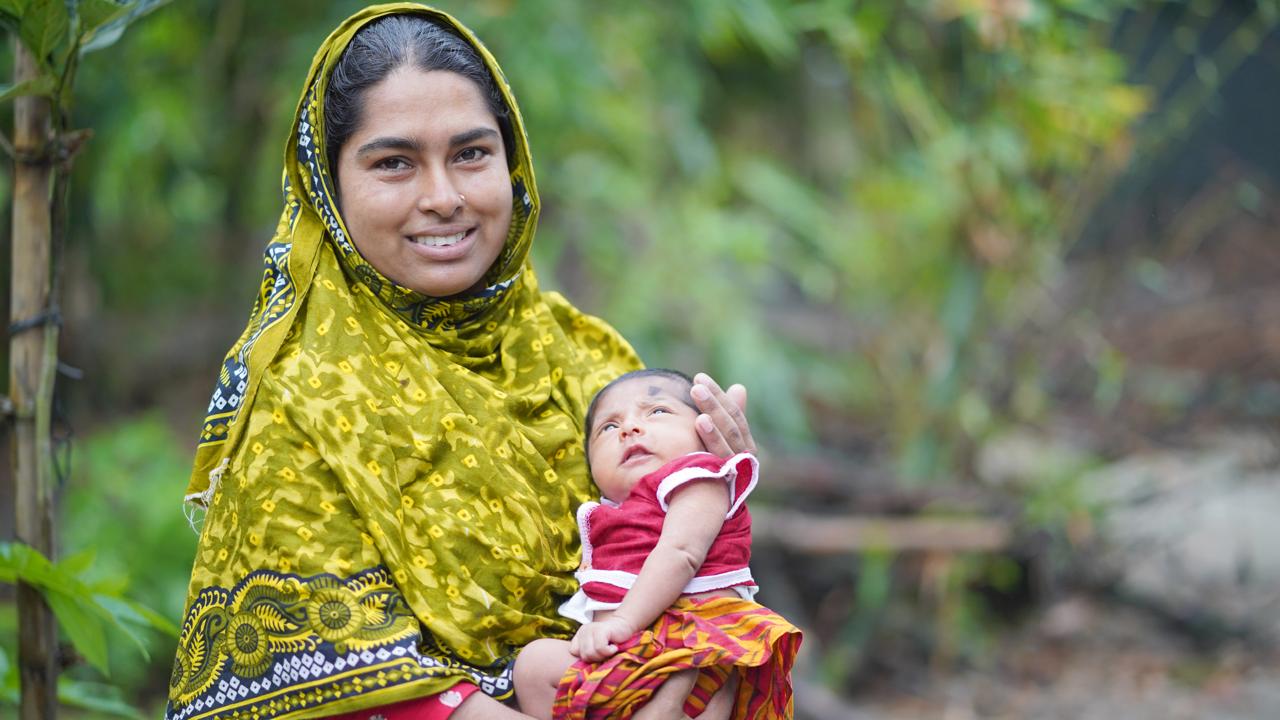
Asma Akhter, 32, is a mother of two living in Nilphamari Sadar Upazila with her husband and mother-in-law. Her second child is now twenty-eight months old, and her elder child is fourteen years old. When Asma became pregnant after 12 years, she was very careful during her pregnancy. As a member of JANO community level group, she attended regular group meetings from which she learned about a tool...Read more
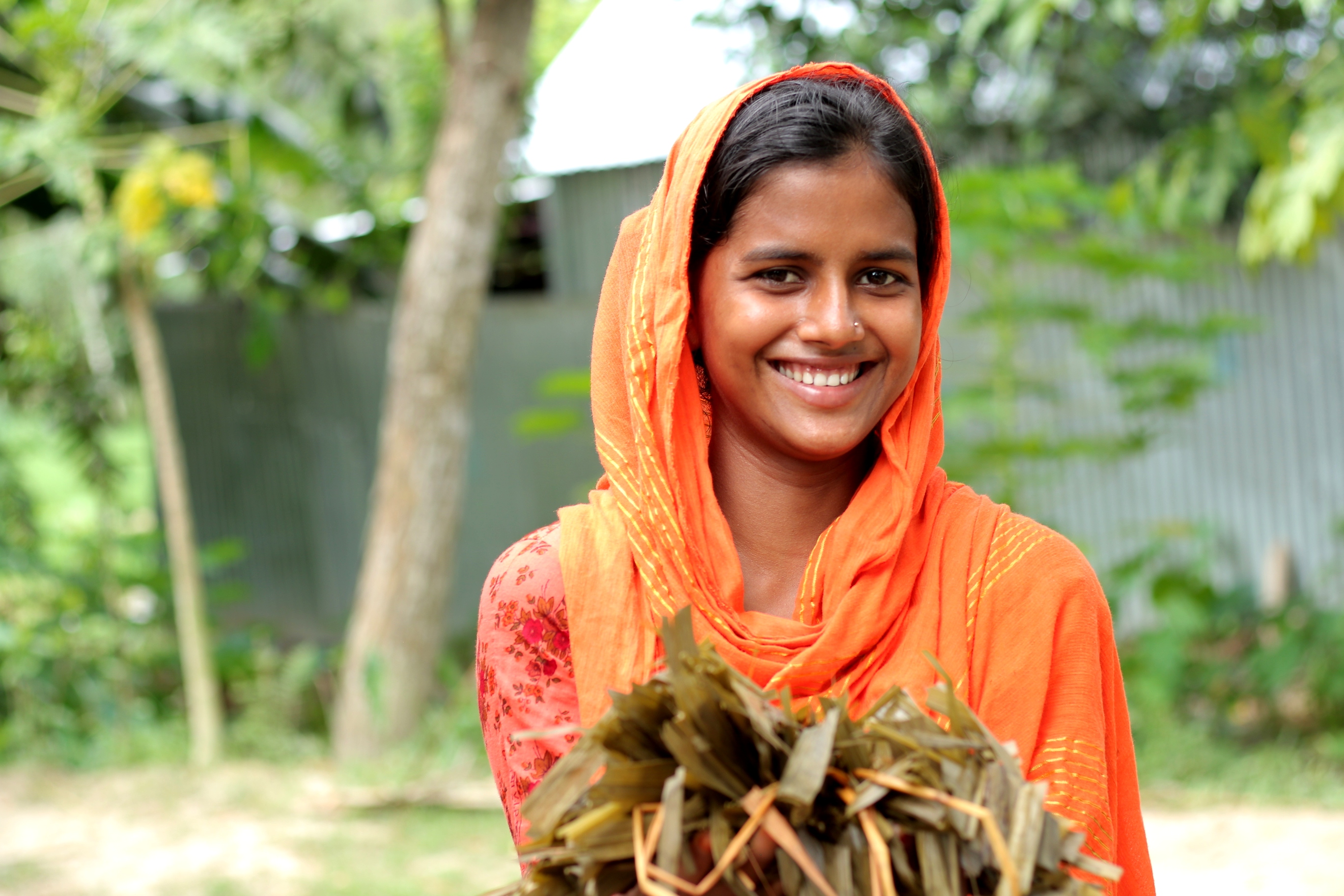
In a small village in Madarganj, Jamalpur, Bangladesh, 16-year-old Jerin lives with her family. Jerin heard from her mother how from generation to generation their family battled with monsoon flooding when the mighty Jamuna River expanded with upstream and seasonal heavy rainfall, submerging the villages on its shore. They hardly got any early warning of when the flood was coming or knew what to...Read more
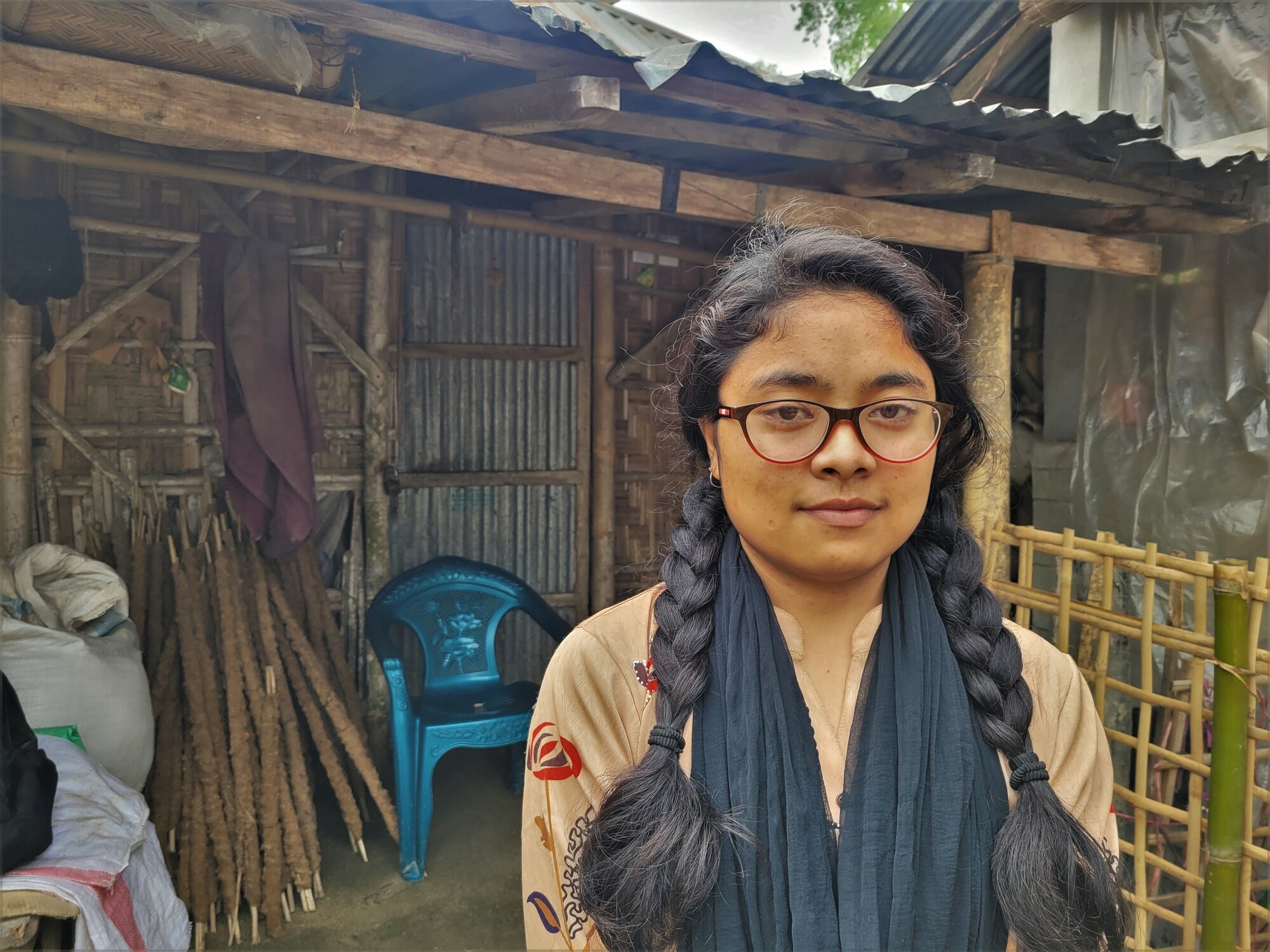
Written by Sarah Easter, Emergency Communication Officer Unmi Roy is a 14-year-old schoolgirl in grade ten. She goes to a village school in the North of Bangladesh. Her school is one of 331 schools that are included in the JANO project, a CARE project financed through the European Union and the Austrian Development Agency. 40 million people in Bangladesh are food insecure, with 11 million...Read more
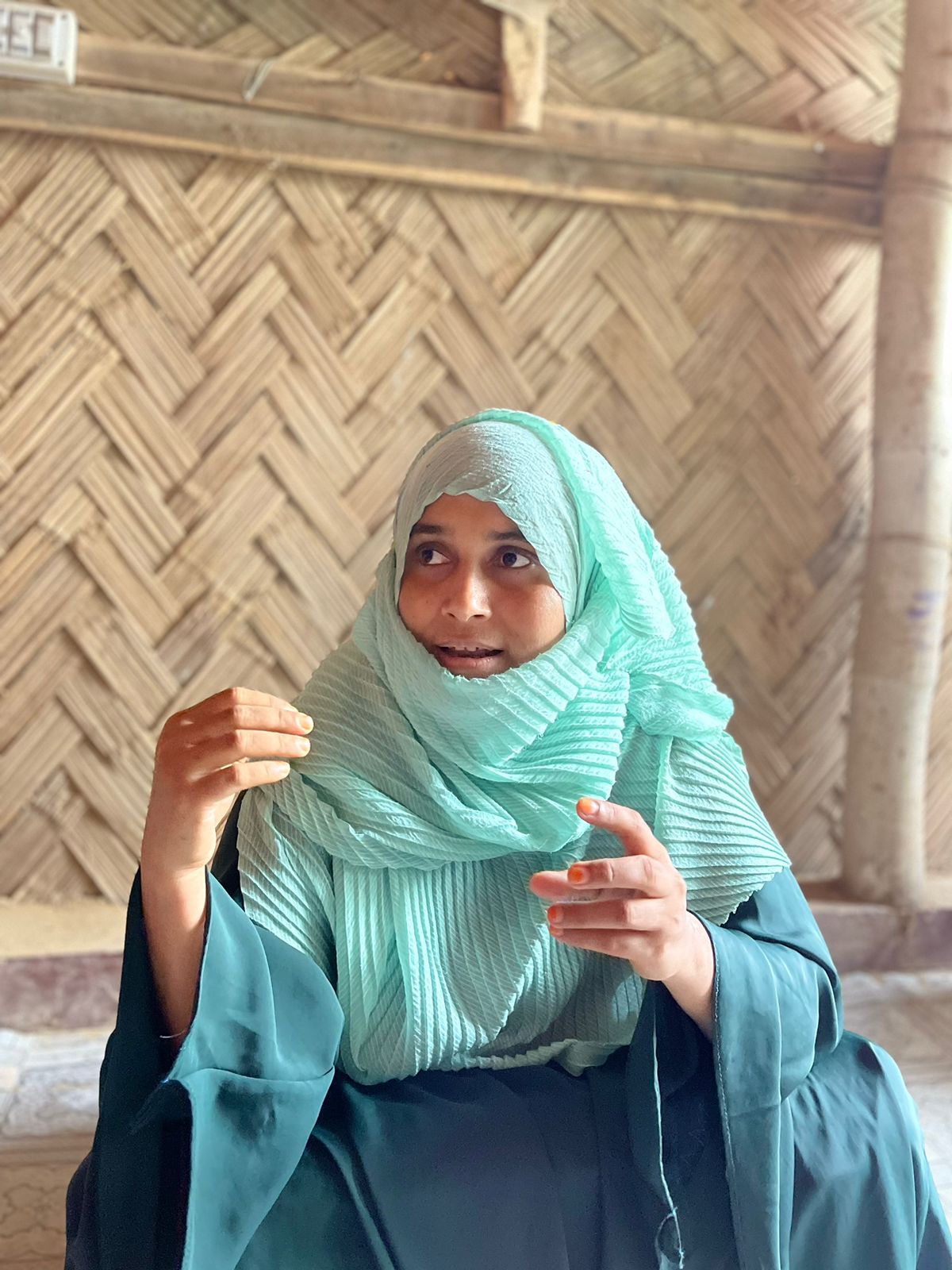
Ayesha Khatun, who escaped from Myanmar and lives in the Rohingya refugee camps in Bangladesh, is a shining example of strength and resilience. Aged 32, Ayesha is a mother of four and has pursued education up to class eight, according to the Myanmar educational standards. Upon reaching Bangladesh, Ayesha’s life took a turn for the better as she began to engage with the Women and Girls...Read more
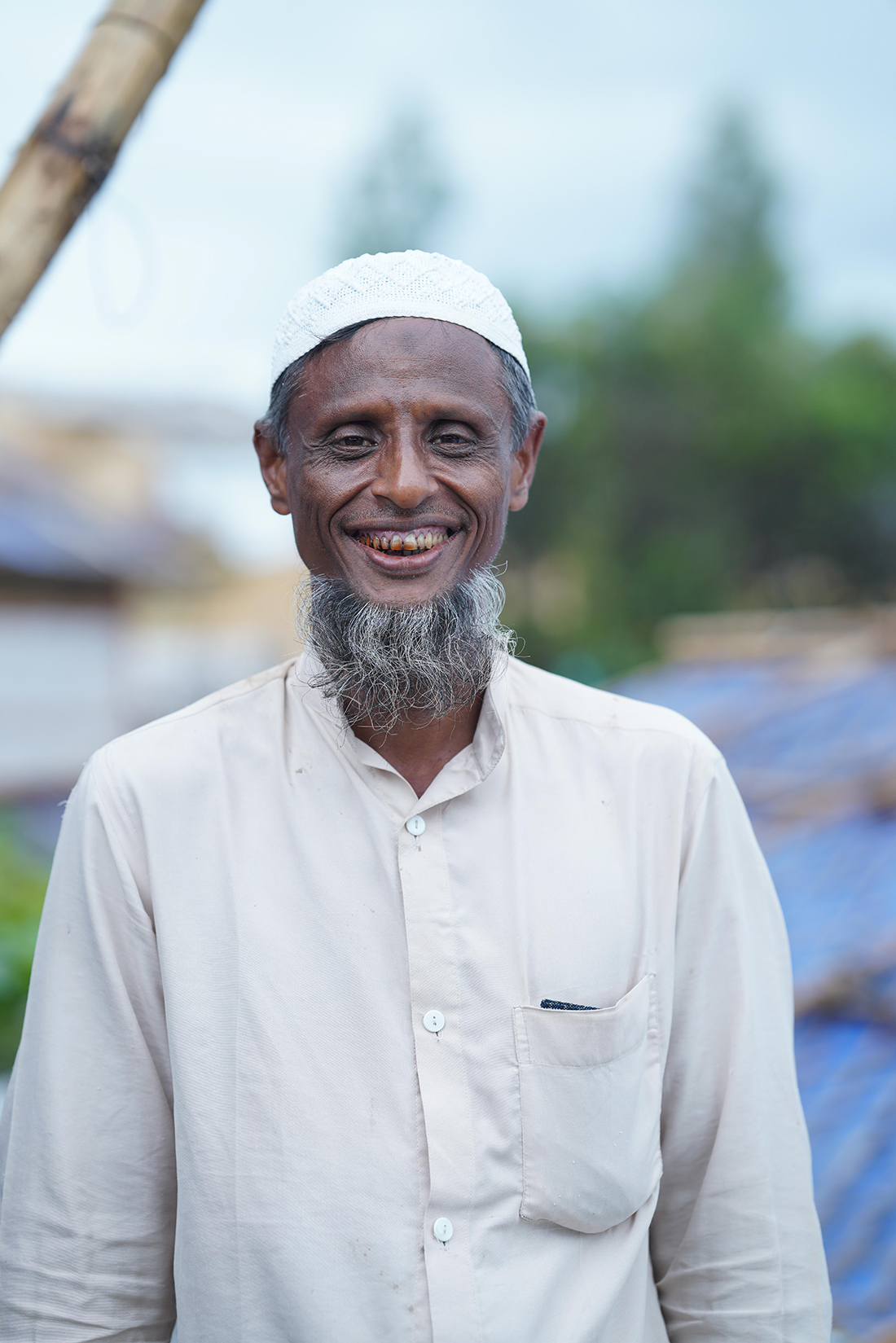
In the traditional and patriarchal context of the Rohingya community, women often face a lack of empowerment and limited freedom to exercise their reproductive rights. The decision-making process surrounding birth control methods is predominantly influenced by men, leaving women with minimal agency. However, Faza Rahman is breaking the norm amidst this challenging social landscape by...Read more

In the sprawling Rohingya refugee camps, women face a variety of challenges, from harmful social norms to limited livelihood opportunities. Gender-based violence (GBV) and sexual exploitation are alarmingly prevalent, perpetuating a cycle of suffering and vulnerability. Rohingya women avoid reporting crimes in fear of further harassment. The stigma surrounding GBV survivors further hinders access...Read more

Written by Sarah Easter; Emergency Communication Officer for CARE Austria When a baby is born in a rural village in Northern Bangladesh, the mother puts honey in its mouth, because then the baby will learn how to talk sweetly. “We had misbeliefs and didn’t know how important it is to breastfeed the newborn with colostrum within the first hour,” says Asma Akter, 30, mother of...Read more
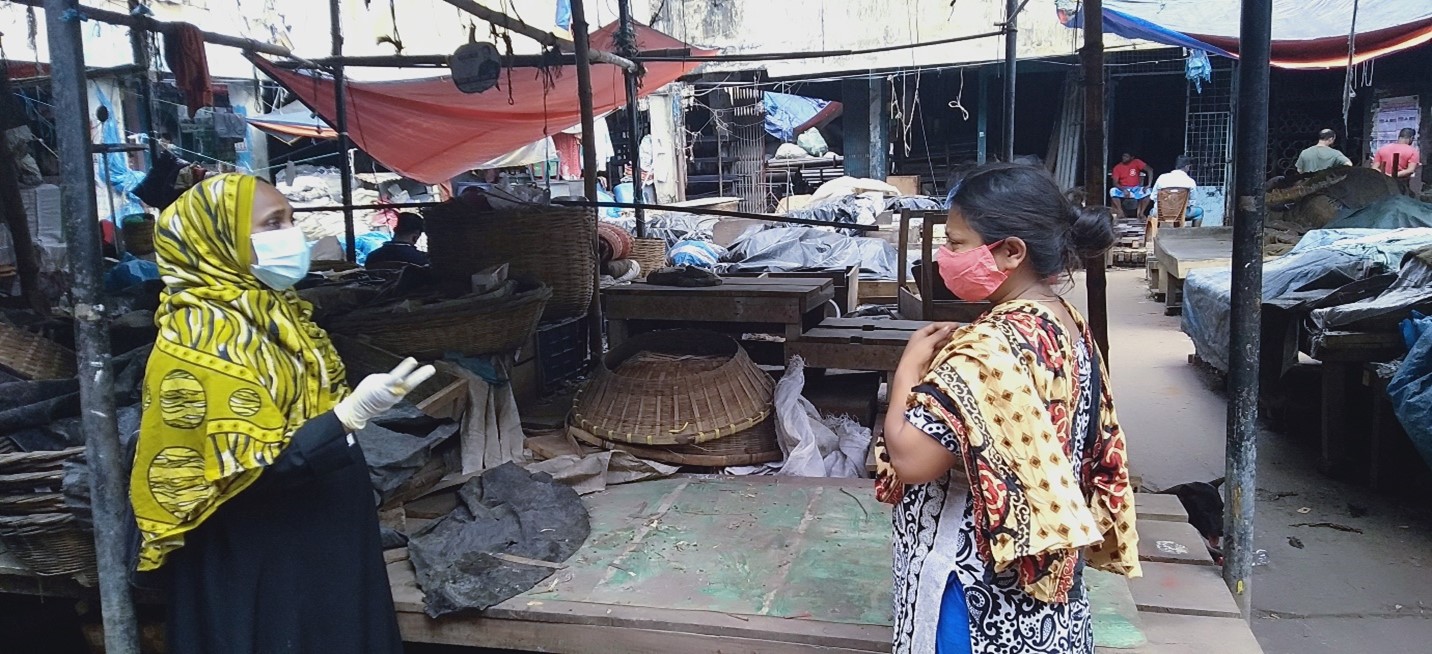
Author: Md. Mamun-Ur-Rashid; Technical Coordinator-M&E Source- PWID Project, CARE Bangladesh Sahanaj Begum (42), who used to be a sex worker and an injecting drug user, did not go into a downward spiral of darkness, unlike many others. Instead, she turned herself back into a new life and has become an asset to the Global Fund People Who Inject Drugs (GFPWID) project for her immense...Read more
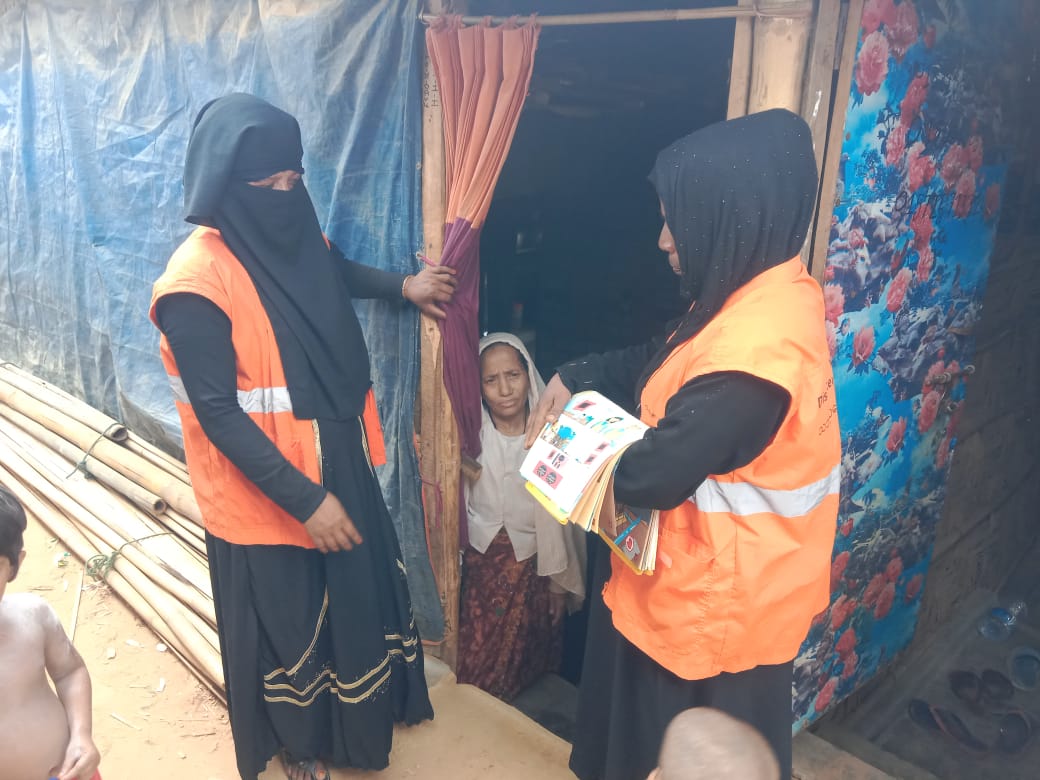
Hasina Begum (46) is a Disaster Management Unit volunteer who protected her community during cyclone ‘Mocha’. She shares her account of working with the community during the category 4 cyclone. After being informed about cyclone ‘Mocha’ from our DMU leader on May 10, for five straight days, we shared awareness messages about the cyclone in the camps. "We also use a...Read more
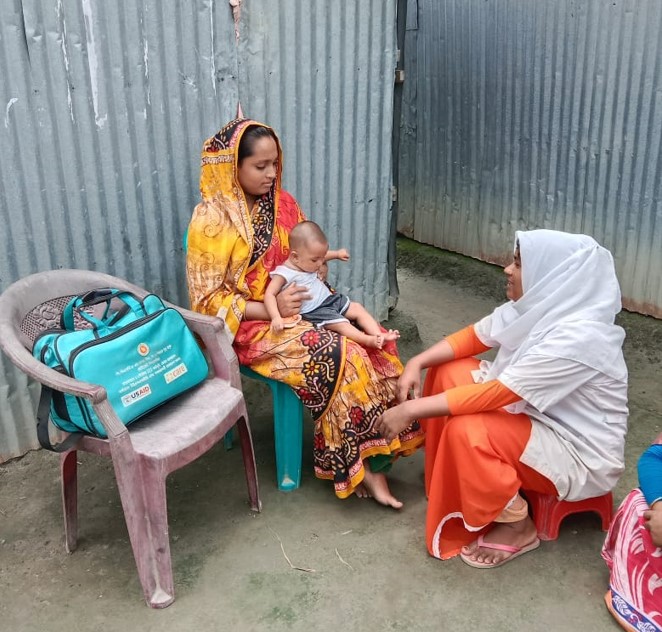
Author: Elias Mahmood, Manager KM &FO , SHOUHARDO III Plus program Background USAID’s Strengthening Household Ability to Respond to Development Opportunities (SHOUHARDO) III Plus Program implemented a new phase of local service providers (LSPs) in early 2021 with the aim of improving support systems for pregnant women in the remote Char and Haor regions in northern...Read more
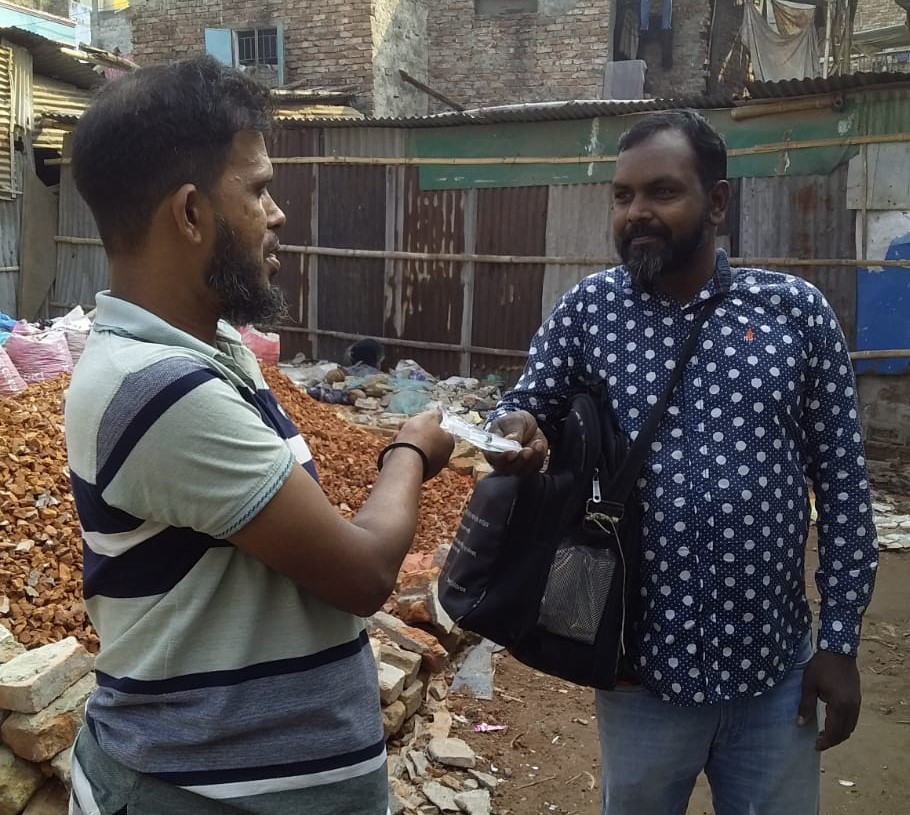
Author: Md. Mamun-Ur-Rashid; Technical Coordinator-M&E Source- PWID Project, CARE Bangladesh There are 33,067 injecting drug users in Bangladesh who are known as PWID (People who Inject Drugs) and among them approximately 6,500 PWID live in Dhaka city (Mapping and Size Estimation of Key Populations in Bangladesh 2015-2016). HIV prevalence rate is high among the PWID in Dhaka city and now...Read more
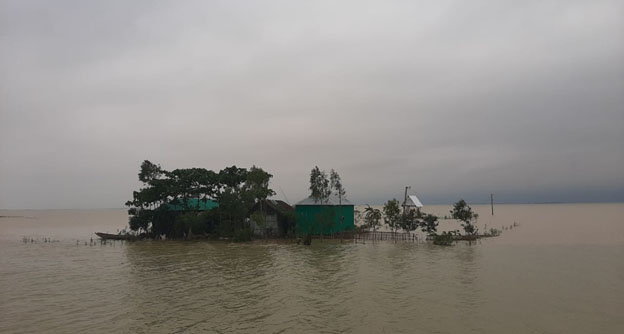
Muhammad Abul Hossain (Shobuj) When we started for Sunamganj, we did not know how to reach there. Roads were inundated in many places, and boats were not an option against the flow of the flood water. But we were determined to reach there to assure our program participants that are not alone. We were exhausted but thrilled to be able to hear of their distress and their needs. This effort will go...Read more
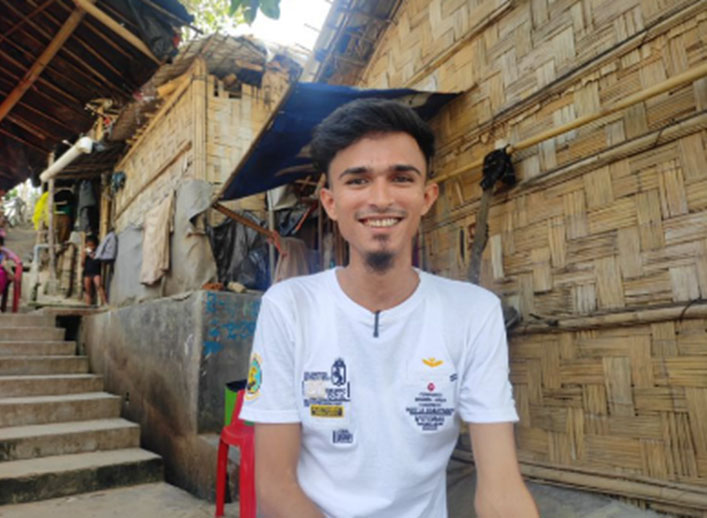
Anowar Sadeq of camp-16 has been in Bangladesh since 2017- almost 5 years. He said he has been treated well by Bangladesh when he arrived. He shared that he felt safe here in Bangladesh but he got scared when the massive fire broke out and the camps were affected by the fire. He added that he is happy here in Bangladesh but every day he wonders about when he would be able to...Read more

Hasina Rahman It is hard to believe that Bangladesh still has some of the highest rates of child marriage worldwide. More than half of all girls in Bangladesh get married early before the legal age of 18. For most, it is not a choice; societal norms and various socio-economic conditions play a key role in determining the fate of young girls. Child, Early, and Forced Marriages (CEFM)...Read more
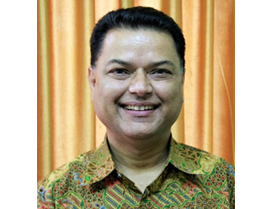
My 25 years with CARE Santosh Sharma, Humanitarian Program Director based in Cox’s Bazar, CARE Bangladesh Tears are the best expression of human emotions – I realized it recently when an email left me deeply touched, contented and overwhelmed. "Congratulations on your milestone with CARE this year! Thank you for your 25 years of hard work, commitment, and...Read more
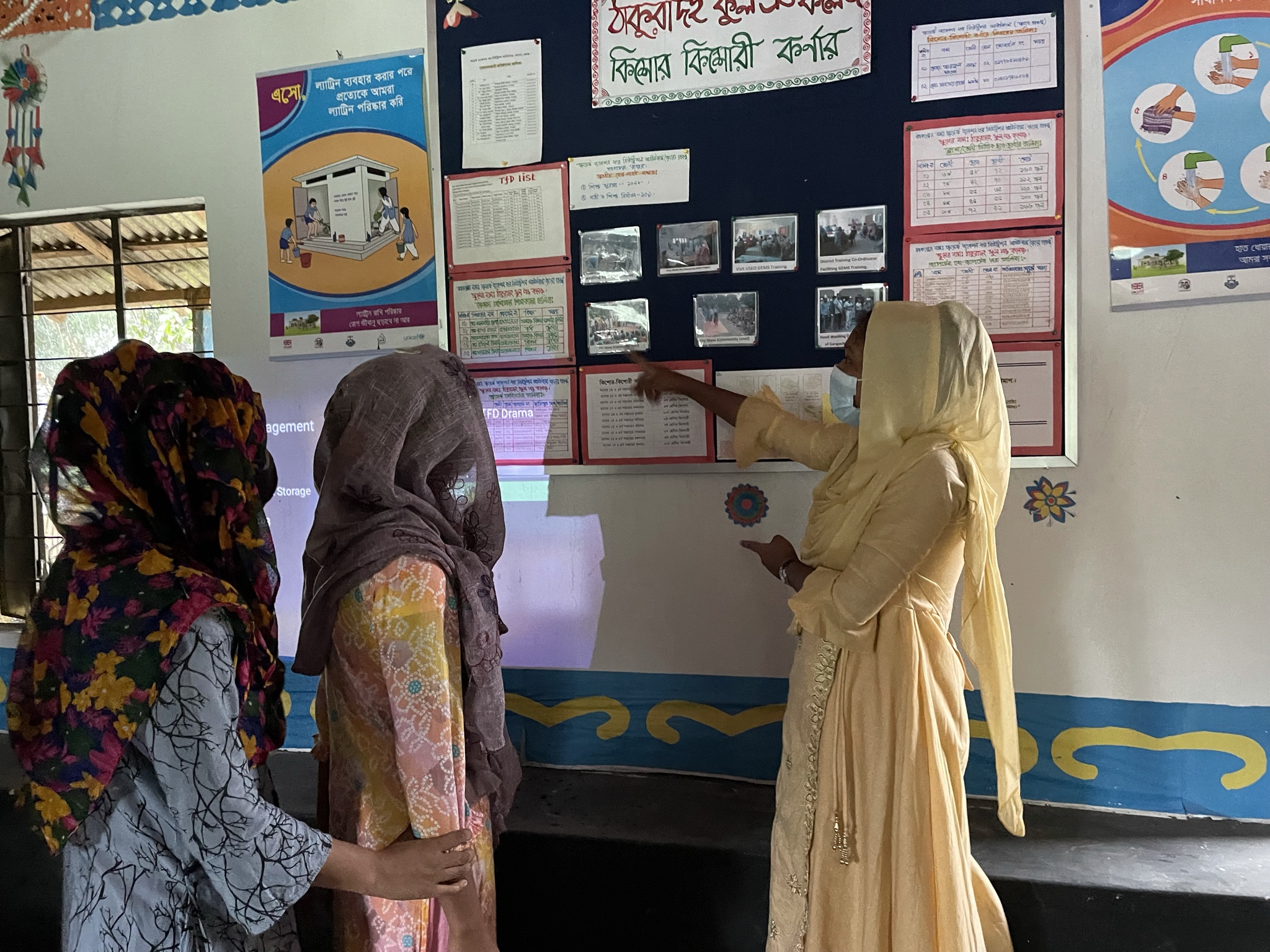
The ongoing COVID-19 pandemic is a major threat towards public health, and people are trying to keep safe by maintaining health practices and getting vaccines. However, it has also brought other implications and imposed additional difficulties for the people across all social strata. At present, CARE Bangladesh implements numerous projects across multiple regions and districts in Bangladesh. The...Read more
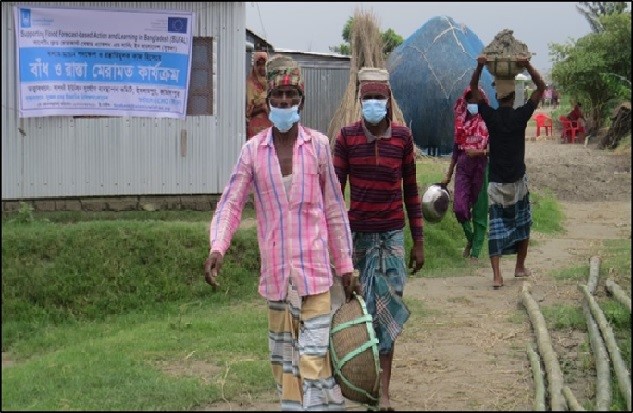
‘Supporting Flood Forecast-based Action and Learning in Bangladesh’ (SUFAL) is a consortium project funded by the European Union Civil Protection and Humanitarian Aid Operations (ECHO), that worked in three north-western districts of Bangladesh to reduce the impact of probable flood by taking forecast based early actions. The project is led by CARE Bangladesh with Concern Worldwide,...Read more
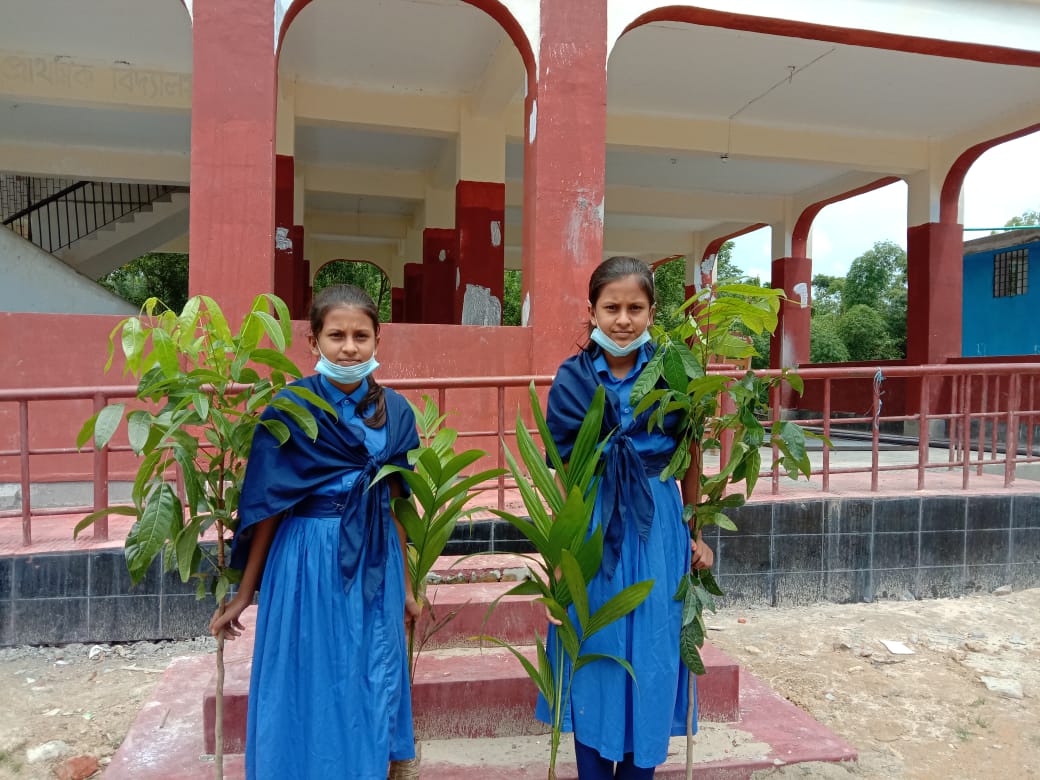
In Bangladesh’s Cox’s Bazar, CARE implements USAID’s Promoting Resilience to Risks of Natural Hazards (PRERONA) project that helped communities build resilience to face natural hazards and disasters. This southernmost part of the country is prone to natural disasters such as cyclone, landslides and heavy monsoon rain. Through renovations of the Multi-Purpose Cyclone Shelters...Read more
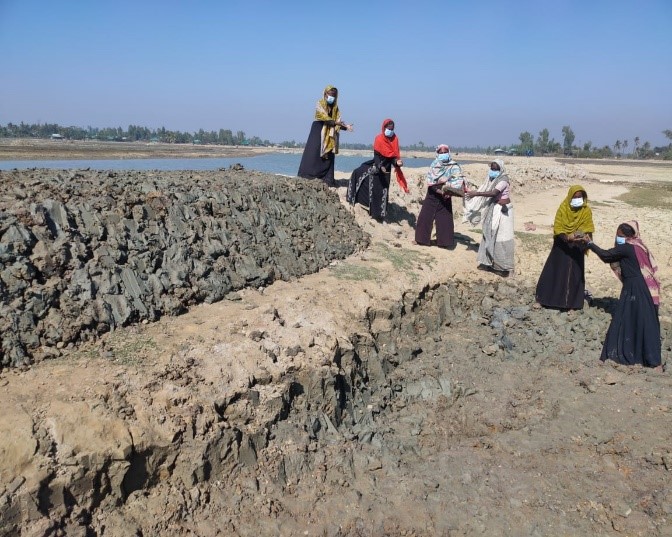
The road for regular commute in Uzantia Union Parishad no. 8, under Pekua sub-district in the project site was severely damaged by the frequently occurring natural disasters such as cyclone and tidal surge. For a long time, this road could not be built given financial constraints. However, given CARE Bangladesh’s commitment to serve the hardest to reach communities, this long overlooked...Read more

Ramesh Singh, Country Director, CARE Bangladesh As urban centers around the world are increasingly becoming complex hubs of economic activities and opportunities; rapid migration is taking place from the rural areas. This brings new challenges in many parts of the world, and it is constantly increasing the need of basic services including health and sanitation. Urban poor are the worst...Read more
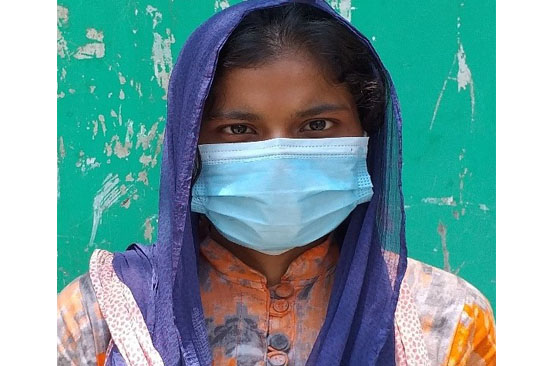
Sheema Akhter is the middle child of her father Md Saidur Rahman and mother Amina Begum. They live in Gannarpar village of Gangachara Union in Rangpur district. Her father is a farmer who has a small piece of land to cultivate and sometimes leases others lands too to earn their livelihood. Hers is a typical village family in the rural Bangladesh. Sheema is a student of grade X in...Read more
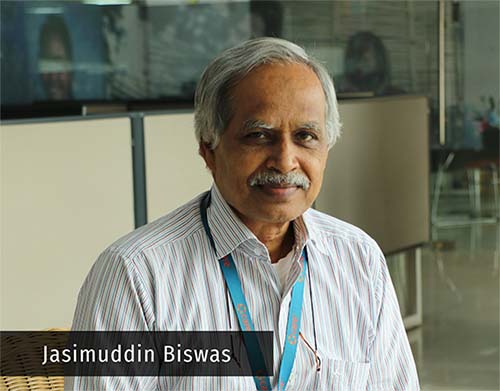
How many years can one stay in the same workplace? Some would say five; some ten. A few may boast about completing 25-year mark at one place. Today, let’s learn about someone who aced any such milestones. Jasimuddin Biswas, has completed his 40-year long journey with CARE Bangladesh. You saw it right; it indeed is 40 YEARS! Jasimuddin currently works as Admin Manager, based at CARE...Read more

Popy Begum (37) is an ultra-poor participant of SHOUHARDO III* from Nikli upazila in Kishoreganj district. Popy and her husband used to work as agricultural day laborer in others’ fields to support the other five members of their family. She was enlisted for SHOUHARDO III support in 2016 when she received a cash support** of BDT 3,000 (USD $35.40). Popy initially bought a few goats with...Read more
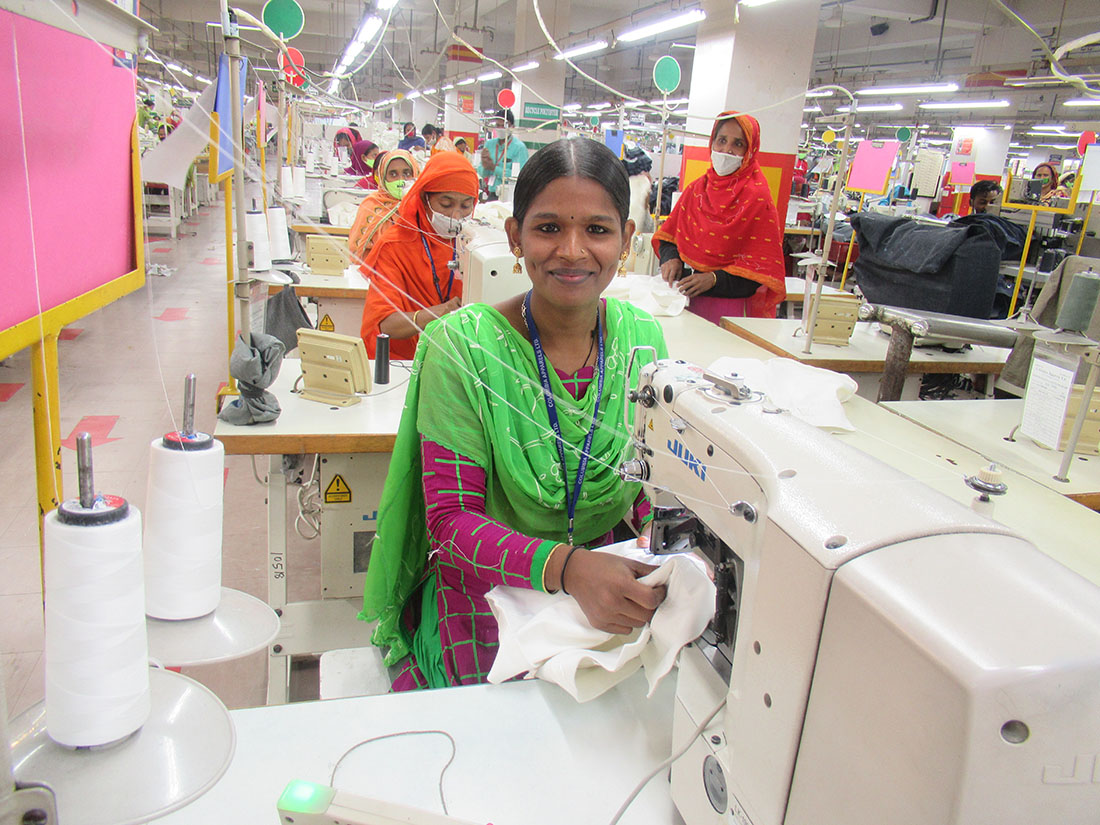
Mst. Momena Khatun is from Sirajganj District. Her father was a handloom worker, her mother also worked in the same profession on a daily wage basis. She is youngest child amidst the seven brothers and sisters she has. Back in 2005, when Momena was a mere 7th grader, Momena’s father suddenly became paralyzed and thus was unable to continue his work and support the family. As a result,...Read more
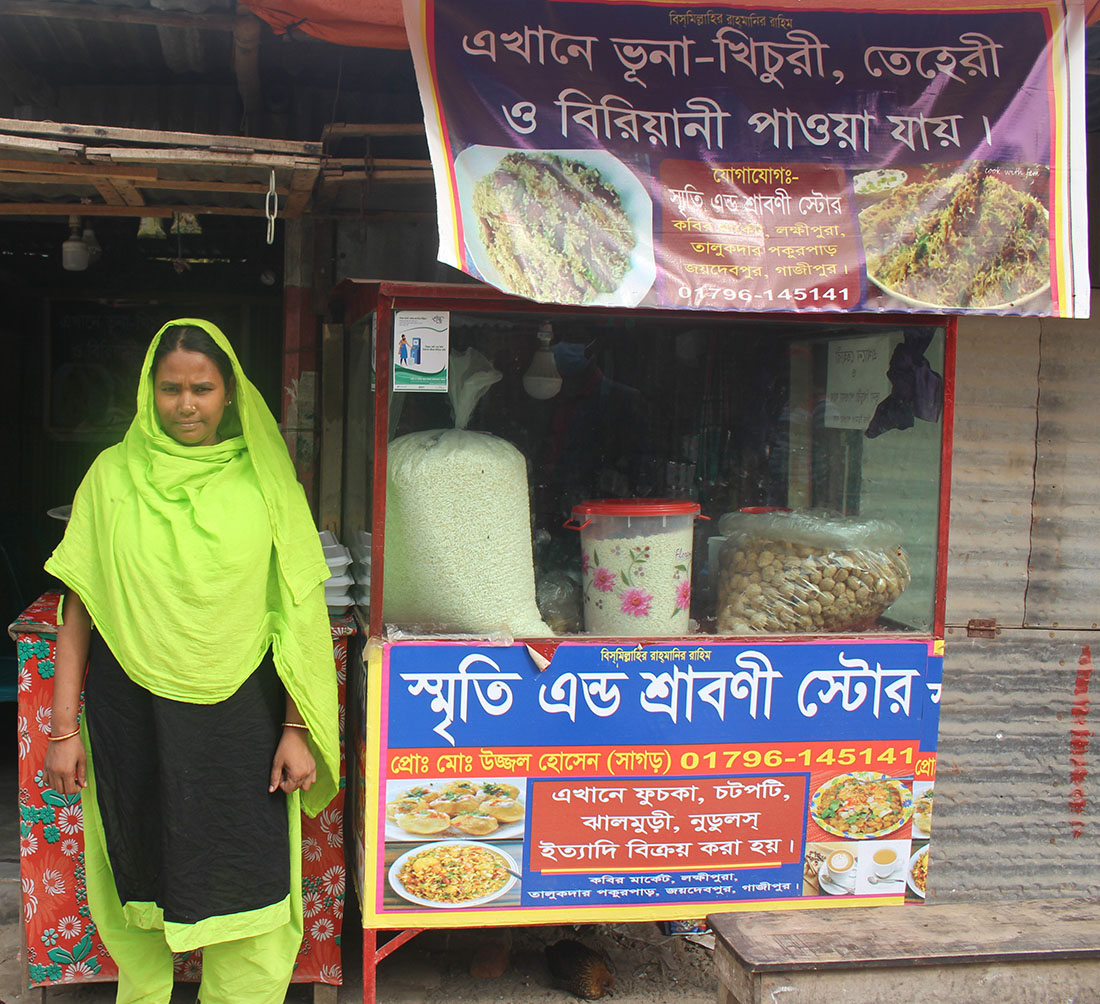
Most. Rozina Khatun is originally from Sirajganj district. She arrived in Gazipur, Dhaka in 2011, in hopes of better livilhood options to be able to support her two dauthers and rest of the family. A week after arriving in Dhaka, Rozina and her Husband got a job in a ready-made garments (RMG) factory. With their combined earnings to a total of BDT 3662 (USD 43.22), she was able to support her...Read more
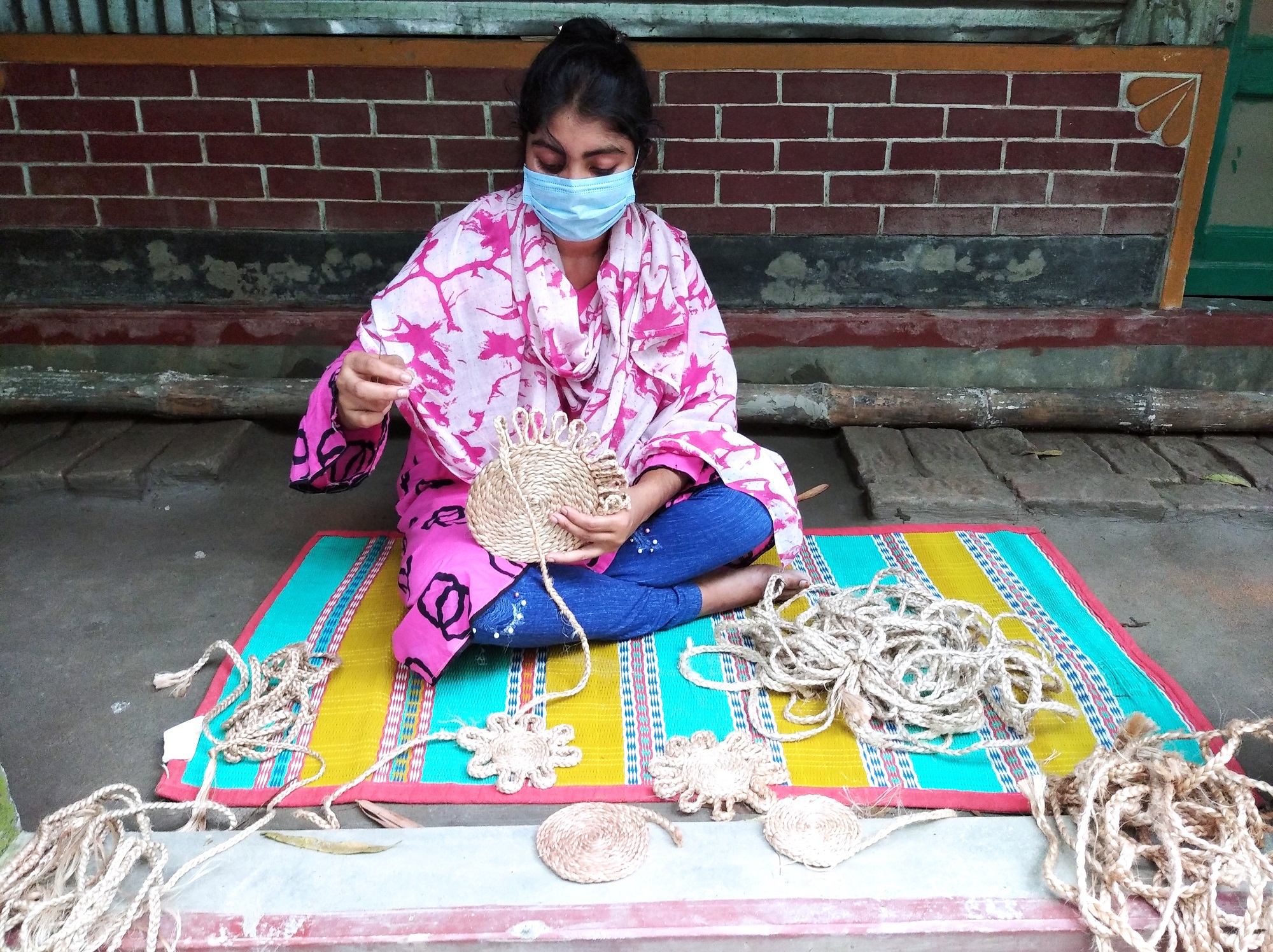
In Bangladesh, many people live in extreme poverty which has great impact on the social, economic and environmental aspects of the country. While this marginalized group of people has the capacity to contribute to the society in diverse ways, but in most cases their efforts go unnoticed. Often, their issues and voices get lost in dialogues for development. It is integral to change this...Read more
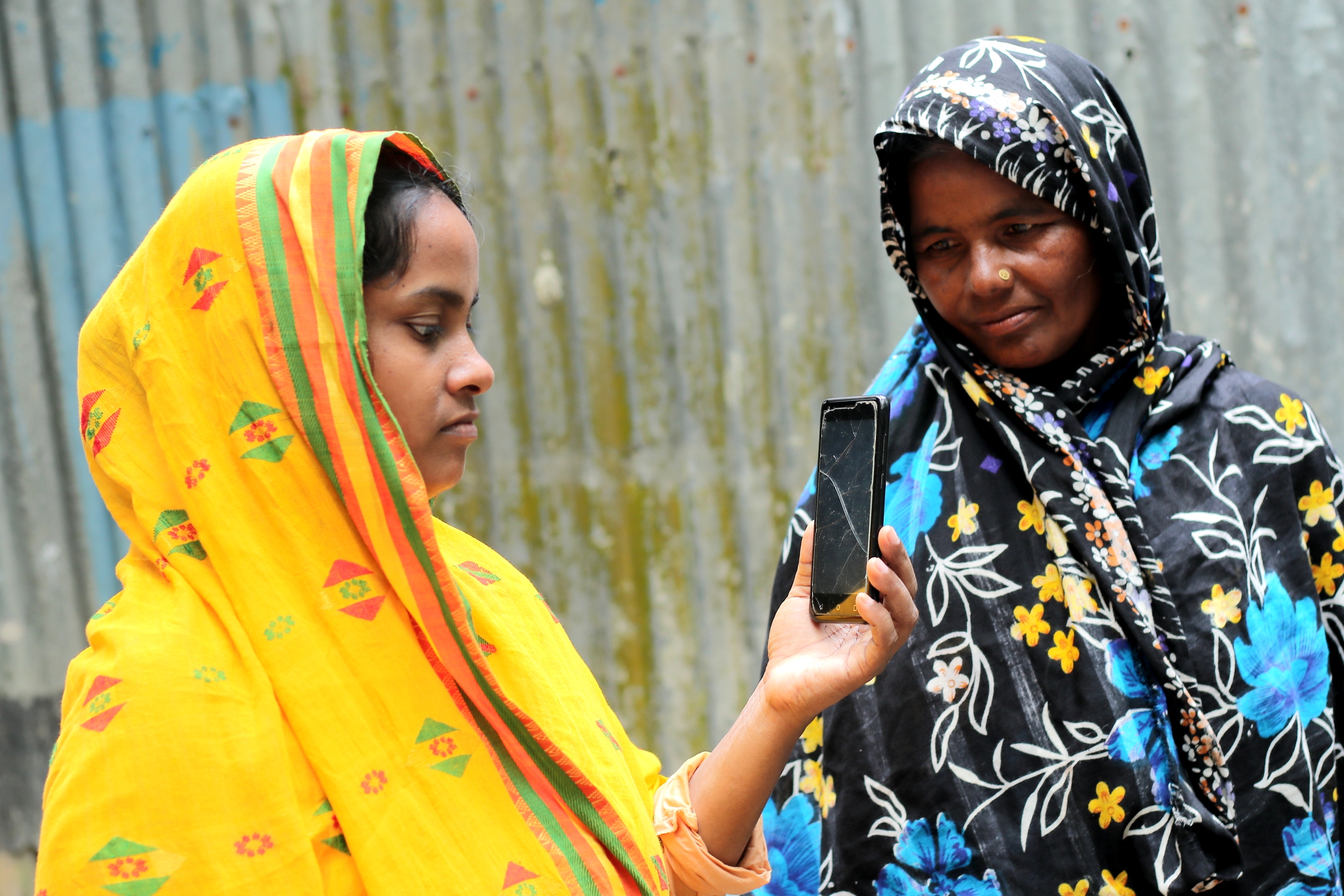
Selina Akter is a middle-aged humble woman from Dolon, a village of Buraburi Union, Ulipur, Kurigram. She lives in this Northen belt of the country in a joint family of 8 members. For the last two years, her husband has been paralyzed and she supports him to run their catering business. When the SUFAL* project began working in this flood-prone region, Selina decided to dedicate her spare time...Read more
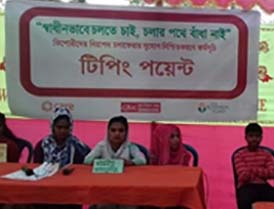
Sanjida is a youth activist living in Pirgacha, Rangpur. She is part of the Fun Center* under Tipping Point project**. She is a student of ninth grade in Mangalakuti Girls’ School. While the school is near her village, the route itself to school is not too easy for the girls in this region. There is a local market on the way to the school and girls like Sanjida face daily harassments from...Read more
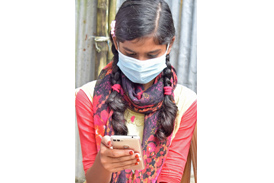
"I am Most. Zannatul Mowa, a student of class 8 at the Gangachara Government Model High School. Due to COVID-19 pandemic, our schools were closed for few months. It was really difficult to learn on my own without any support from a mentor, and I was losing my confidence. I feared that I would not be able to study again. Amidst this challenging situation, Joint Action for Nutrition Outcome...Read more
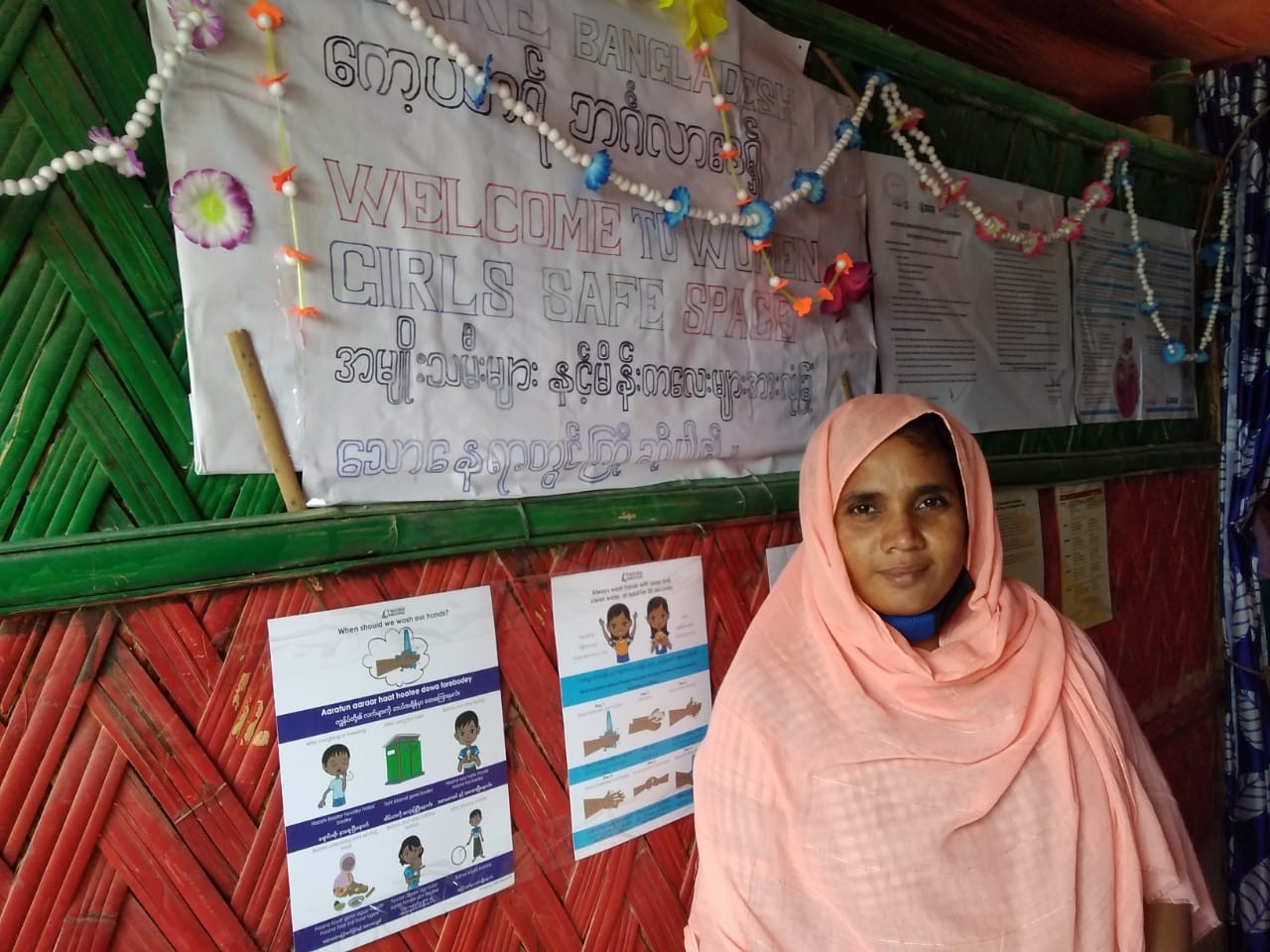
It's been more than 3 years since Sajida came to Bangladesh seeking refuge from the horrors in Myanmar exodus. Now she lives her five daughters and husband in Camp no. 16, in Ukhiya, Cox’s Bazar. Sajida can still vividly recall all the challenges and hurdles when coming from Myanmar to Bangladesh, but thankfully, she no longer feels tormented. Thanks to the efforts of Women and...Read more
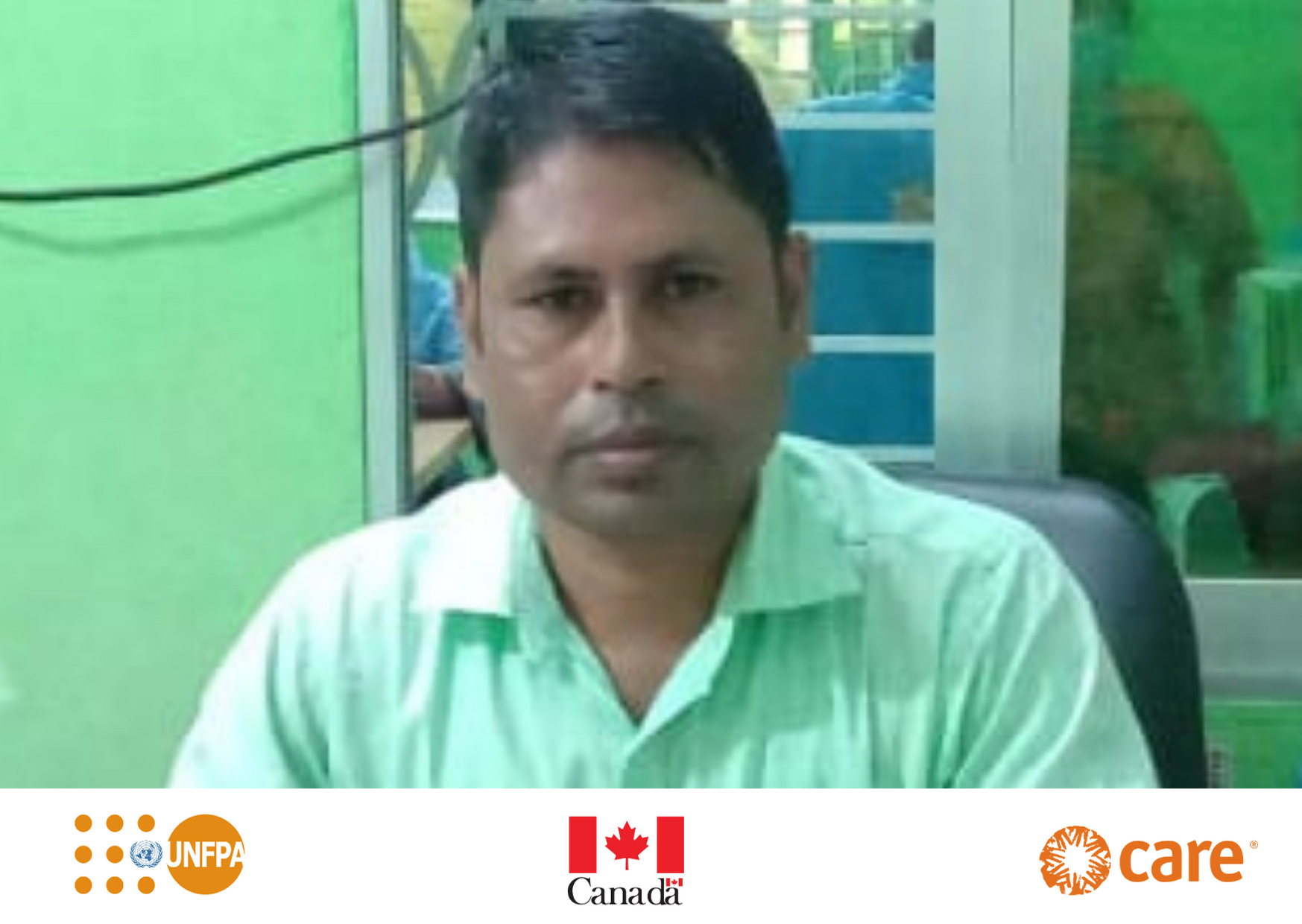
“Training on mainstreaming Gender-based Violence prevention and response mechanisms in our respective working areas has transformed my perspective of learning and sharing knowledge to others. CARE Bangladesh serves as a catalyst for change in our rural communities by transforming NGO workers like us. We are developing as a leaders in our respective areas.”, - Monirul Islam, a...Read more
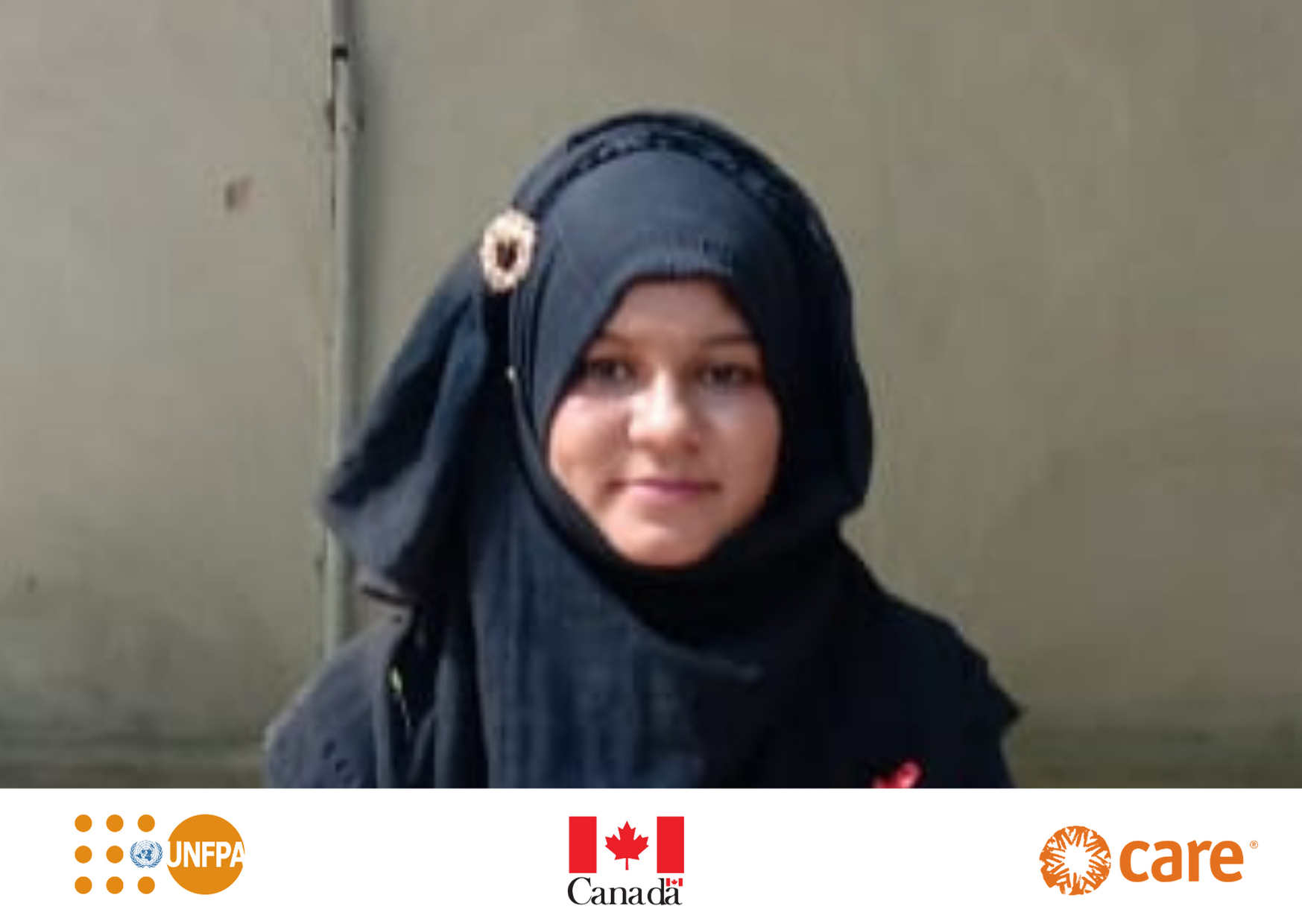
“I am a sword-less warrior fighting against all disparities in my community. Trying hard to educate women and adolescent girls by providing awareness messages on bad consequences of gender-based violence in our regular community sessions and discussions” – says 22 years old Khadija Akhtar. She is one of active community volunteers of the “Achieving Universal Access to...Read more
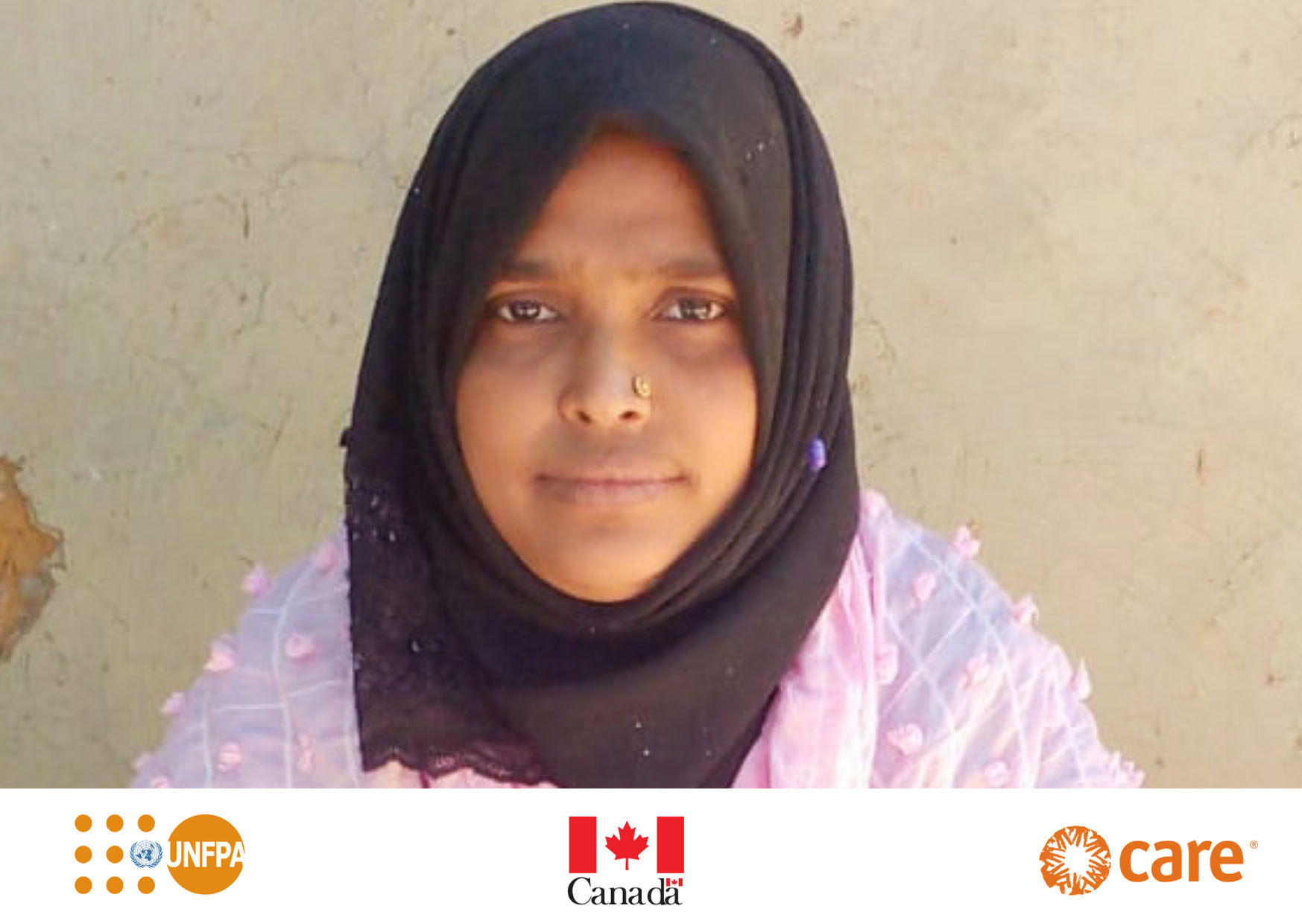
Like other women in the village, Sufia, a mother of two children, thinks of herself as an ordinary woman. She got married when she was only 16 years old: her husband is an immigrant in Malaysia. Her thinking though was little bit different from others, as her long dream was to do something good for her own community people. Sufia is a constant participant and contributor to the...Read more

Roshida, 52, fled from Myanmar to Bangladesh about two years ago. She lives at camp-13, in Balukhali, Rohingya refugee camp with her four daughters. She feels a little settled after having support for shelter and some support for living. Most importantly, she lives without fear of death, she said, ‘Life is better here, in a sense that there is no fear of fleeing every moment.”...Read more
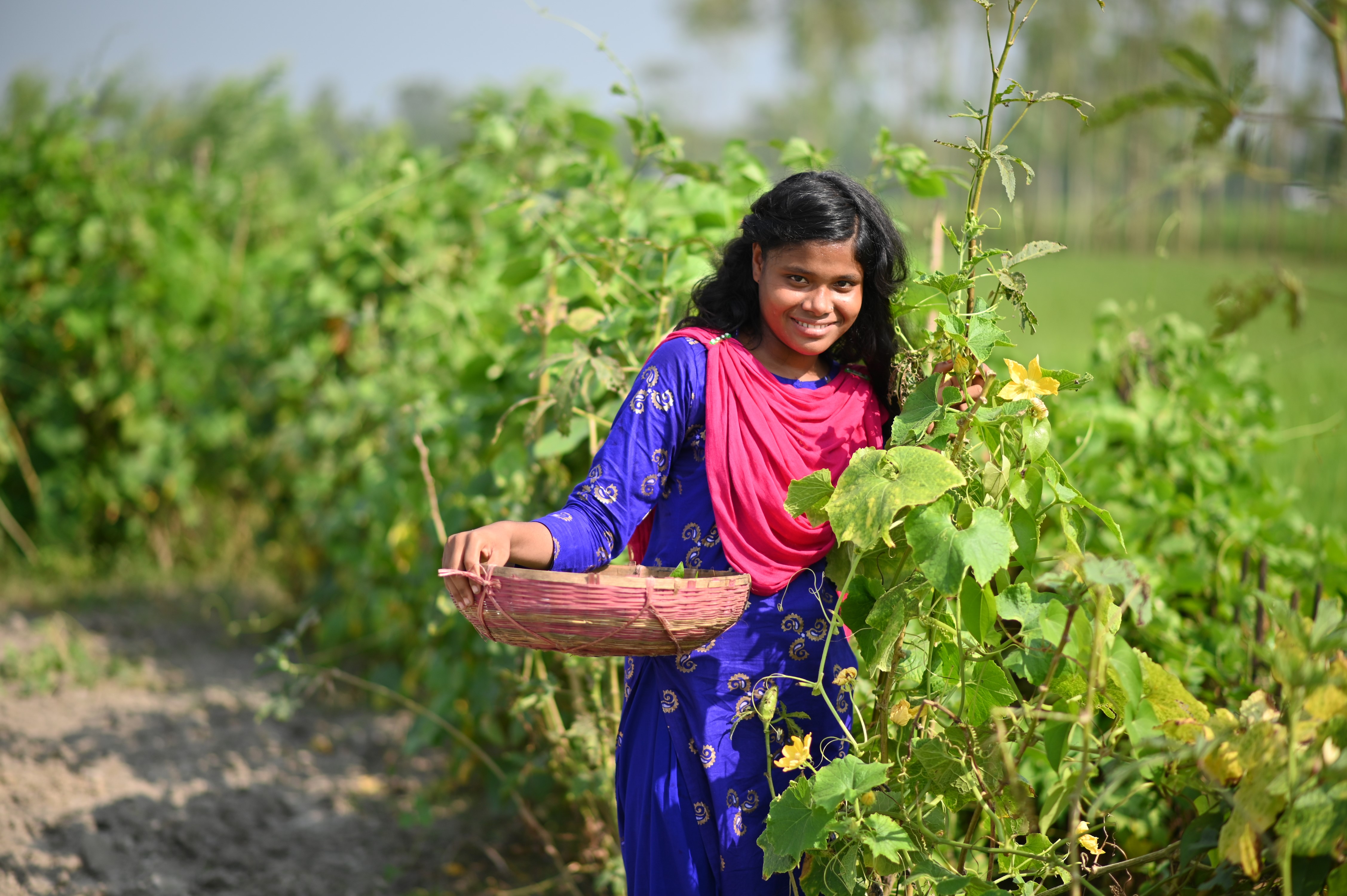
Mimi is one of the brightest students of Chilapar High School located at Taraganj Upazila in Rangpur District. When school volunteers facilitated by Joint Action for Nutrition Outcome (JANO) project came with an idea of school vegetable gardening, she was curious and with the support from her teacher she eagerly learned each step of nutritious vegetable gardening such as seedbed preparation,...Read more
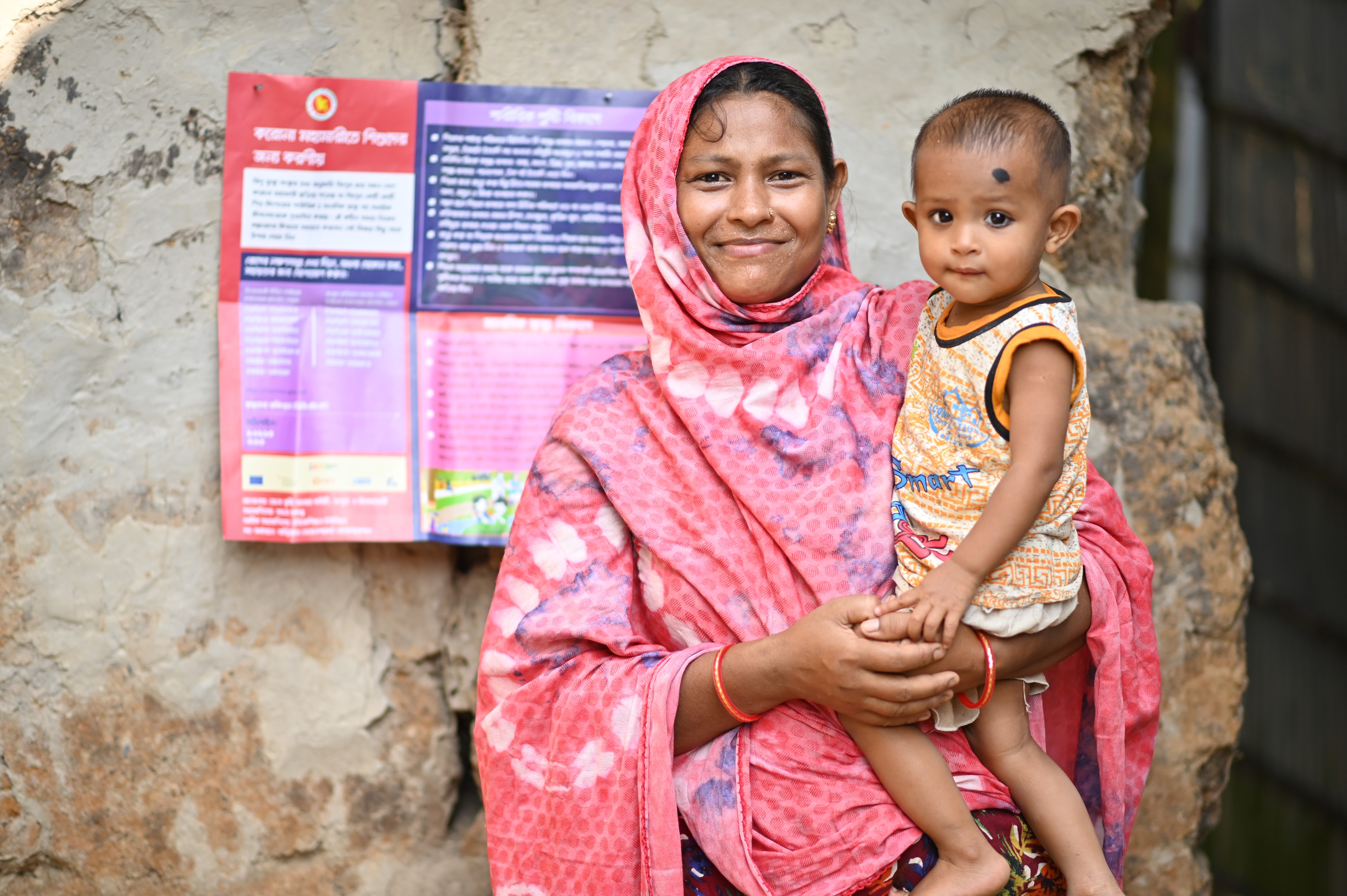
Mohsina Begum lives in a small village name Hatibandha of Taraganj Upazila under Rangpur District with her husband and 3 children. Her husband Md. Mokshadul Islam is a smallholder farmer who struggles to properly feed the family of 5 with his poor income. Being a remote village dweller, the family had very limited access to nutrition information such as nutritious food, proper health services....Read more
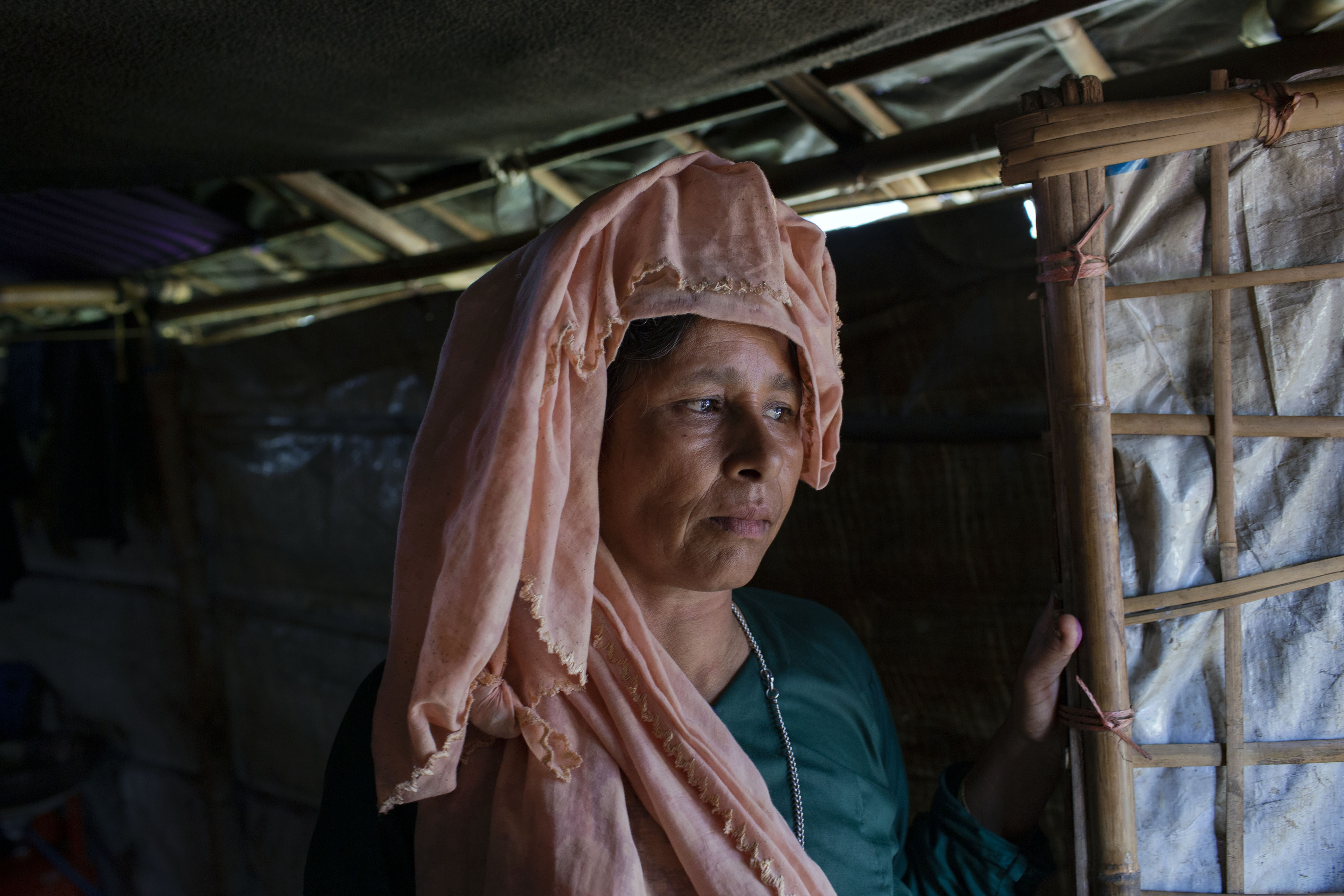
Solima Begum, 43, who fled from Myanmar to Bangladesh about three years ago. She is an active member of Shantikhana* and tries to implement the learning from this center in her daily life. At Shantikhana, she learns about family planning, preventions for COVID-19, hand- washing, natural disaster, human trafficking, self-care, health & nutrition, menstrual hygiene management,...Read more
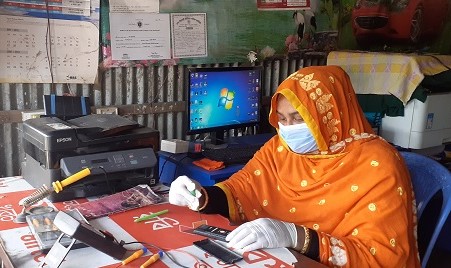
Inherited social, cultural norms and traditional practices in diverse levels like individual, community or organizational which have been reflected as the major features for deteriorating rural women’s ultimate empowerment in Bangladesh. Those long traditional based norms and practices basically are the in-depth inequitable practices, concerning men supremacy both at the household and...Read more
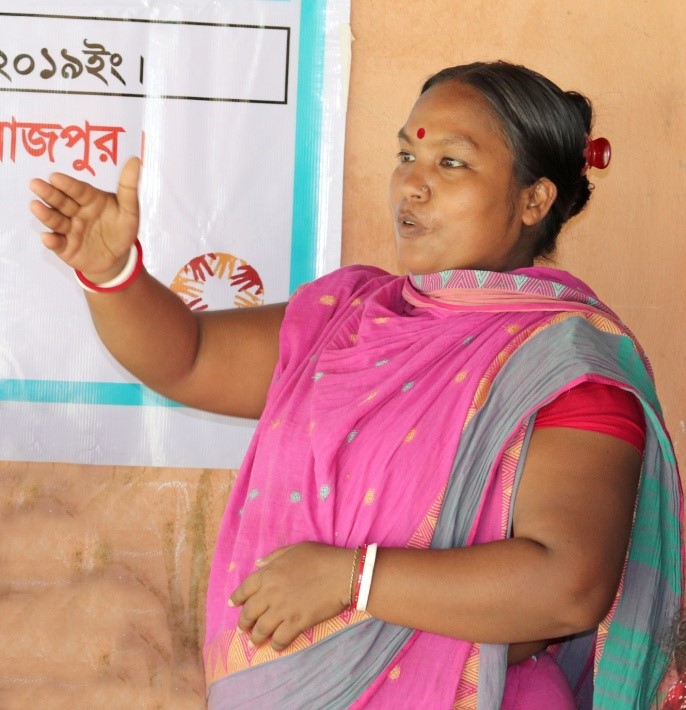
“People passed many abusive comments when I started a restaurant business in Rangamati bazaar back in 2016. Male customers used to say they should not take meal from a woman-operated restaurant. While returning home after closing my restaurant some people used to follow me. They often offered money for bad intention (for sex work). However, in time, the situation changed. Now I can confront...Read more
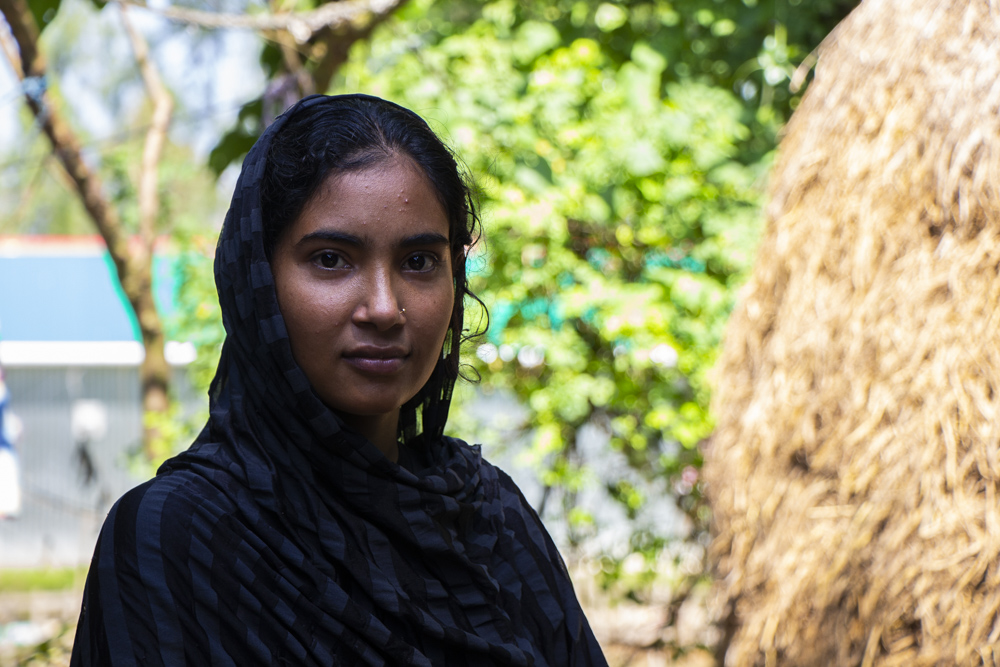
Poverty forced 17 years old, SHOUHARDO III adolescent girls’ group member, Priti from Kishoreganj to drop out of school while studying in class 5. As she took on the role of the group leader at the Rangpurhati village adolescent girls’ club, she was nominated to receive training on how to make beaded handbags as a part of SHOUHARDO III and Department of Women’s Affair agreement...Read more
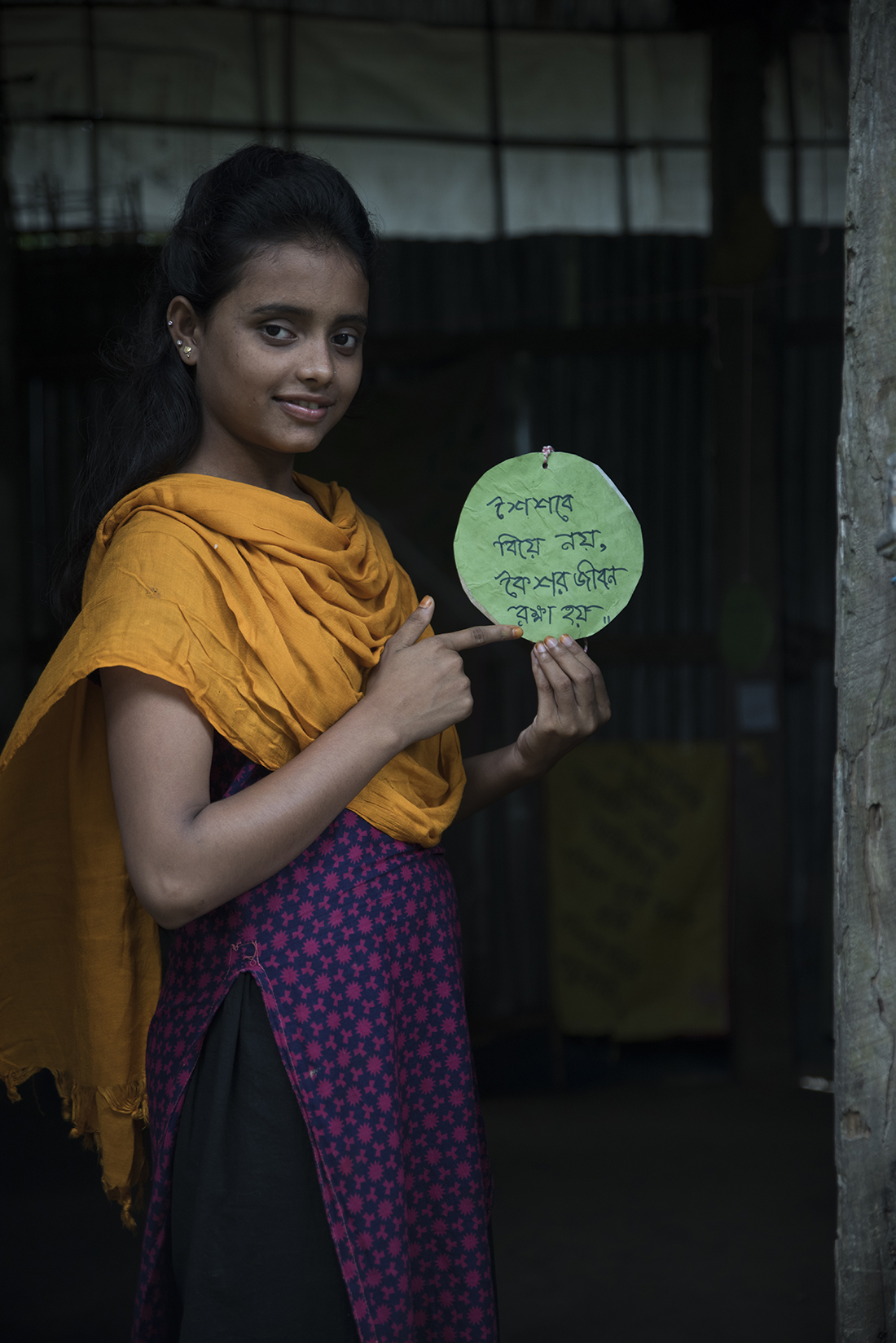
The name “Shammu” is an icon in the project Tipping Point. With three other siblings, Maksuda Jannat Shammu lives in Jamalganj union of Sunamganj District in the northeastern Bangladesh. She cannot recollect any memory with her father as he passed away when she was 7 years old. Love, care, strict rules – everything came from her mother. Since her husband’s demise,...Read more
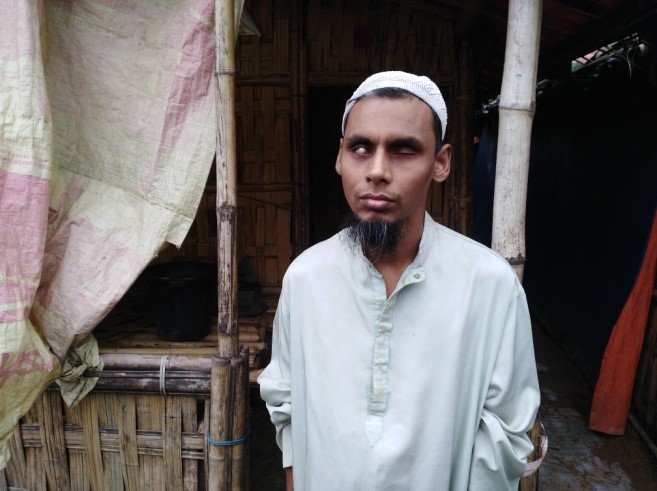
Bashir Ahamed (17 years old) is visually impaired. He lives in block D-3 of camp 16. In the month of July, 2019, CARE Bangladesh constructed an accessible latrine near his house for him. This new latrine has lessened a lot of Bashir’s difficulties. Before, due to his disability, every time he needed to go to the latrine, he would have to ask his mother for assistance. It would make him feel...Read more
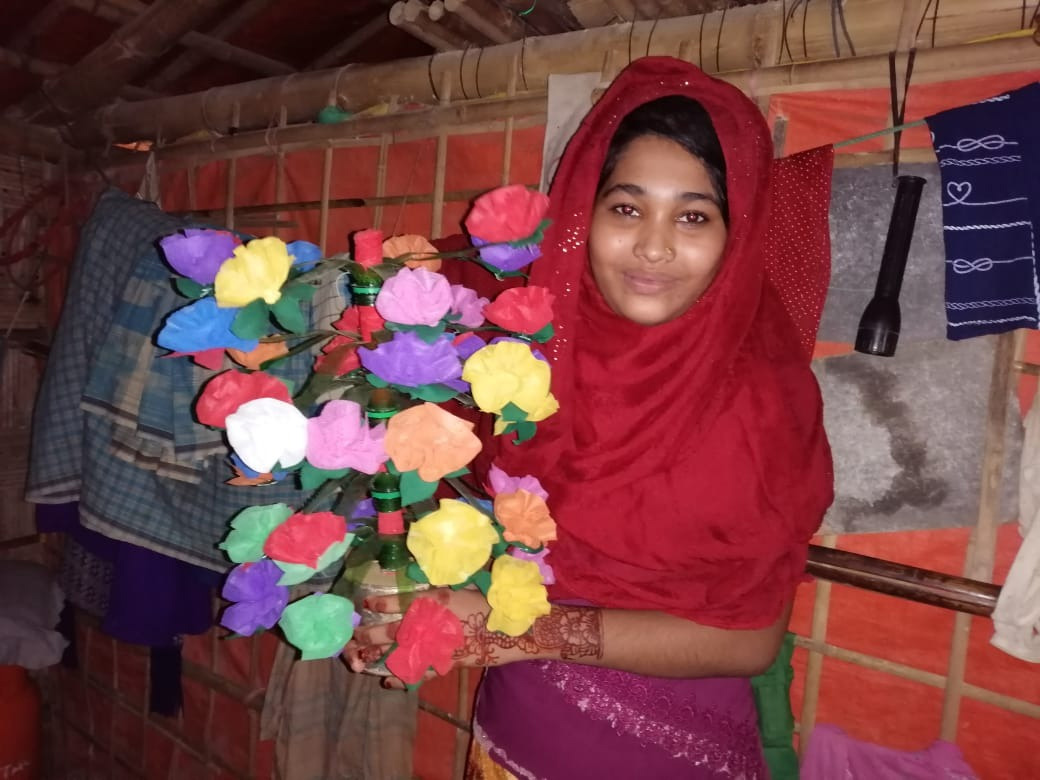
Rahama is 14 years old now and being the oldest amongst five siblings, she has a lot of household responsibilities now. Instead of going out to school or outside for work, she mostly stays in and takes care of her siblings. Her life changed drastically since she started menstruating. Her parents have put limitations on her movement since; not letting her go to school or the Shantikhana (Women and...Read more
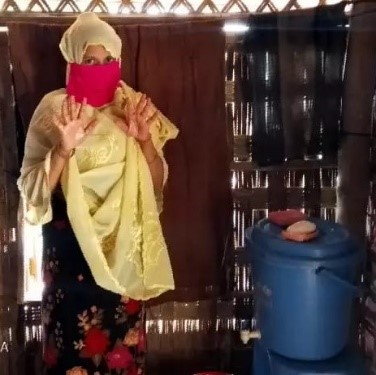
Tasmin said “In Myanmar we were a happy family and we were not struggling with poverty. My children were in school and would play with their friends. There was land to grow crops on and domestic animals. My days would be filled with household chores and farming duties. On the 25th of August, 2017, the Myanmar army burned down our villages and everything else we owned. We had no choice but...Read more
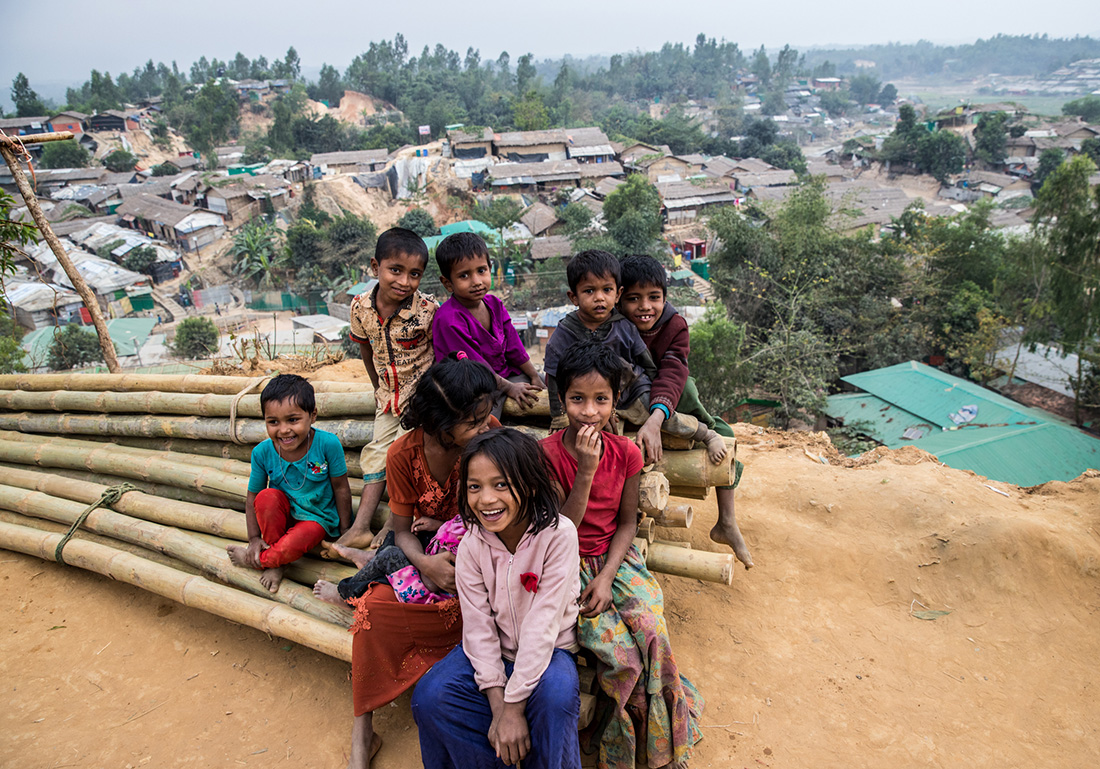
Written by Ram Das, Deputy Country Director, Humanitarian Response, CARE Bangladesh There are places on earth where human induced conflicts have persisted for decades. In other areas millions suffer due to pandemics, climate change and natural disasters. All these have resulted in the devastation and displacement of millions of lives. And in 2017, hundreds of thousands of Rohingyas fled Myanmar...Read more
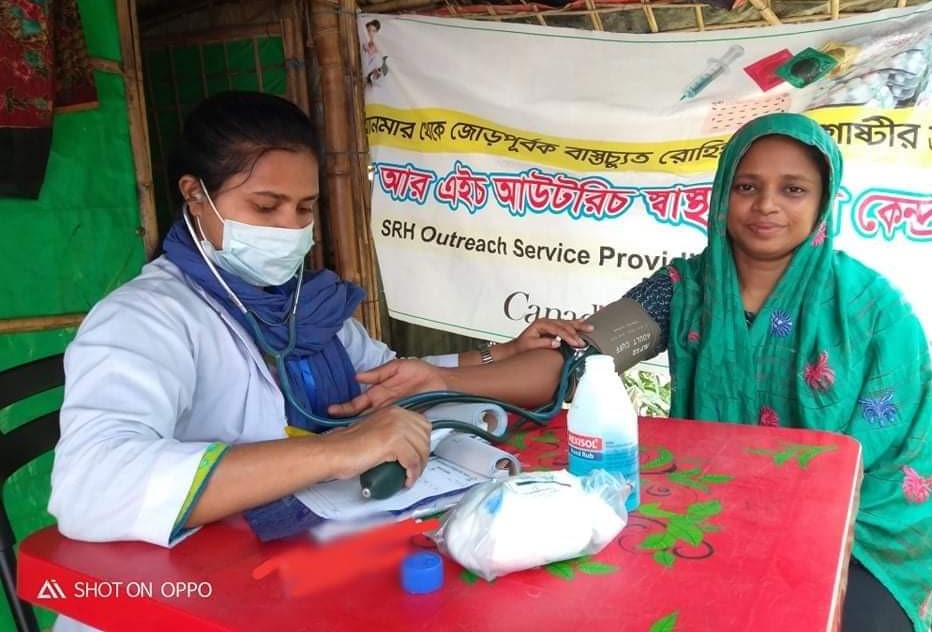
Oindrilla Thithi Bala is an Outreach Paramedic and a frontline health service provider under the Sexual Reproductive Health(SRH) team of CARE Cox’s Bazar. She has been working with the SRH team of CARE Bangladesh ever since the beginning of the influx, providing sexual reproductive health services to Rohingya refugees. Sexual reproductive health services are life-saving health services and...Read more

Joshim Uddin works as a Project Officer for the CARE-GSK CHWI Project. “The nature of my work allows me to serve humanity during disasters by creating access to services that are needed most. Being involved in this kind of work is dignifying. “said Joshim. With the ongoing pandemic and current flood season, there is no shortage of challenges that need to be resolved, from scarcity of...Read more
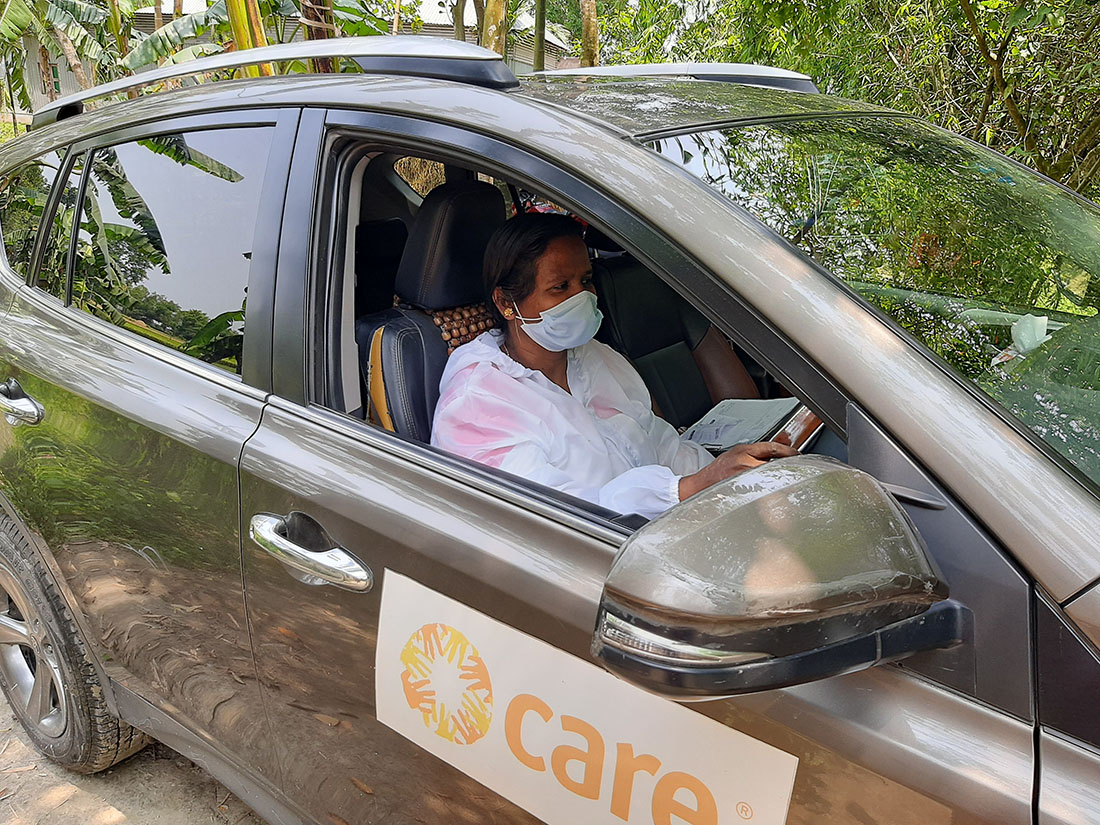
Ferdoushi Akter works as driver in the Sirajganj district. "I don't feel bad in any way for working amidst this crisis, rather it feels great that my work in this disaster is helping out many people. To ensure hygiene and disinfection inside our cars, we wash the car with detergent and sanitize with sanitizers after every use." Most of the drivers in CARE Bangladesh are working on a...Read more
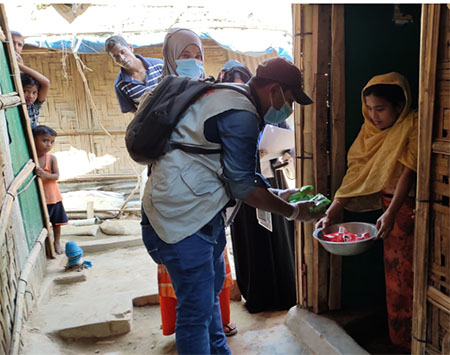
Naim Mahmud, WASH Officer, under WASH team of humanitarian response program is one of the frontline staff of CARE Cox’s Bazar since very beginning of COVID-19 response; providing most critical services to the vulnerable refugee community as well as host communities. Colleagues like Naim Mahmud is making all these possible. When asked about the challenges he expresses passionately,...Read more
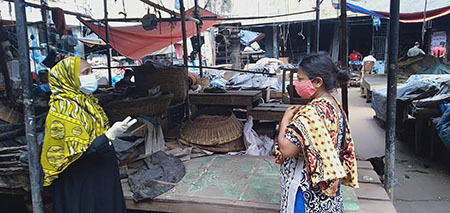
Sahanaj Begum is considered to be integral to the GFPWID project for her insurmountable contribution to the HIV intervention where she has been working for the last 19 years. Her sincerity and dedication towards her work and empathy towards female injecting drug users, is what she is known for within the community that she serves. Amidst the COVID-19 pandemic, Sahanaj has not taken a single day...Read more
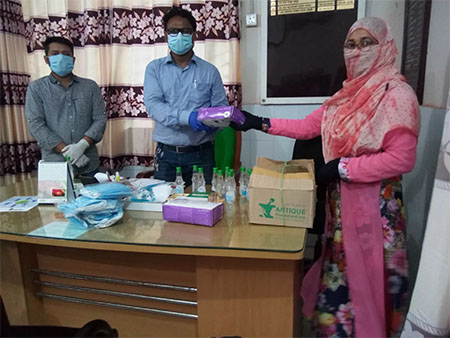
Shamima Akhter works as Project Officer for the CARE-GSK CHW Initiative Project and discussed about her commitment towards her work. “I go to work every day knowing that my purpose is to help those who need it the most. I feel socially and morally obligated to provide service, especially while we try to overcoming the devastating effects of the flood during a pandemic.”, she said So...Read more
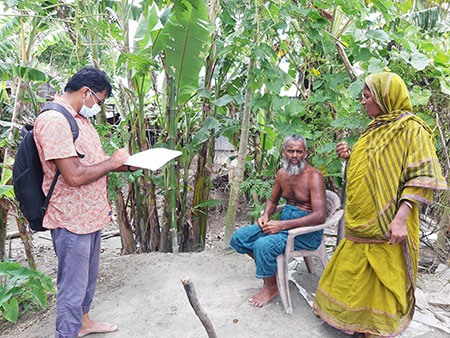
Ruhul Amin is one of the Technical Manager Support and Representation of SHOUHARDO III program of CARE Bangladesh and has been working with the SHOUHARDO program since 2005. In response to the pandemic COVID-19 outbreak and flood in northern parts of Bangladesh, he played an integral role in helping the communities during these period. He worked to promote hygiene practices in different...Read more
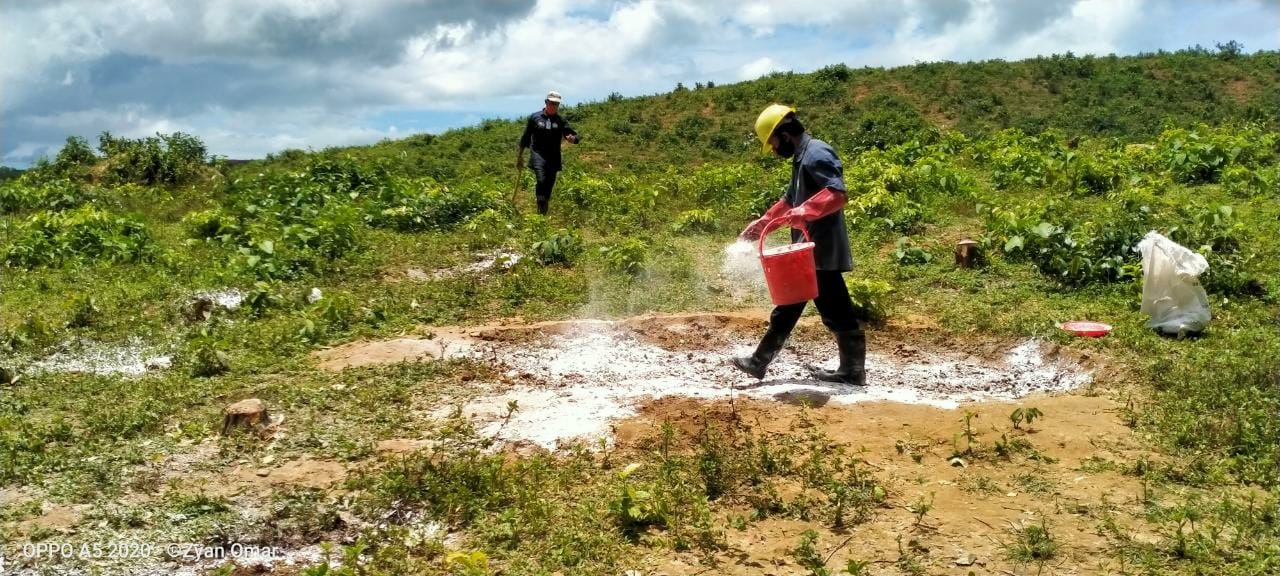
Eid-ul-Adha is the day of sacrifices for all Muslims, and Bangladeshi Muslims are no exception to that, as they try to partake in the rituals to the best of their abilities. Amidst the COVID-19 pandemic, the level of celebration and merriment this year is unusually less due to people’s melancholic state and weak financial situation. Many have lost their kith and kin, while others are ailing...Read more
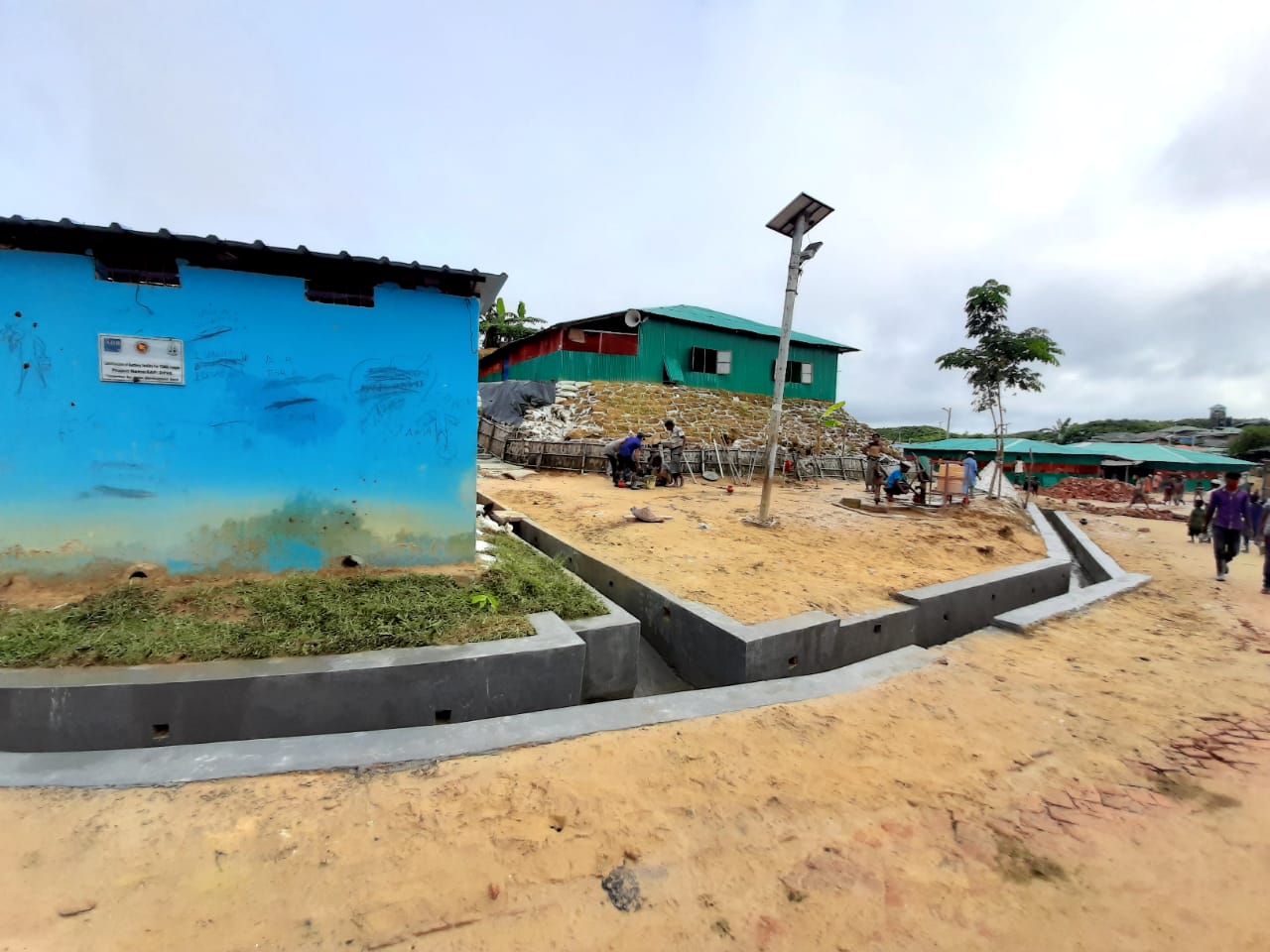
By Ram Das, Deputy Country Director- Humanitarian Response, CARE Bangladesh We all are living in and working through highly complex times. It is especially challenging for those who are on the frontlines providing essential and life-saving support. The staff members from Rohingya response in Cox’s Bazar in Bangladesh are no exceptions. Given the day to day challenges and...Read more
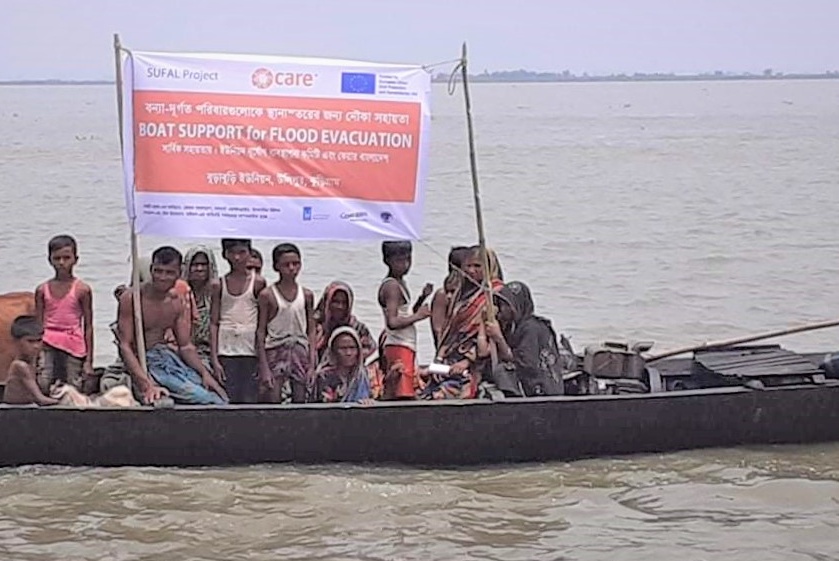
Communities are able take early actions because they receive timely early warning information in Hatia Union under Ulipur Upazila, Kurigram. Through the SUFAL Project funded by ECHO, CARE Bangladesh supports Union Disaster Management Communities to help most vulnerable households evacuate to higher ground, taking with them their valuable assets, including small animals. SUFAL consortium is...Read more
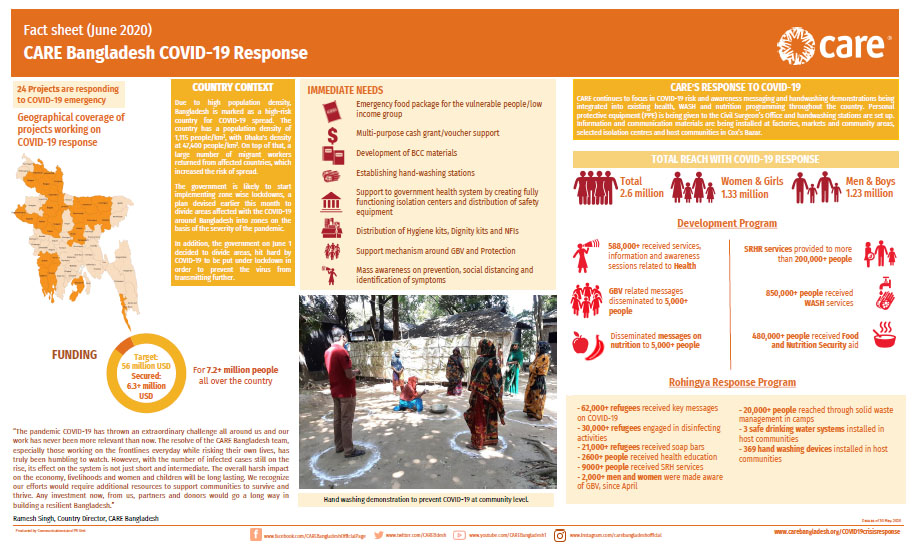
The pandemic COVID – 19 has thrown an extraordinary challenge all around us and our work has never been more relevant than now. The resolve of the CARE Bangladesh team, especially those working on the front lines everyday while risking their ownlives, has truly been humbling to watch. Read more
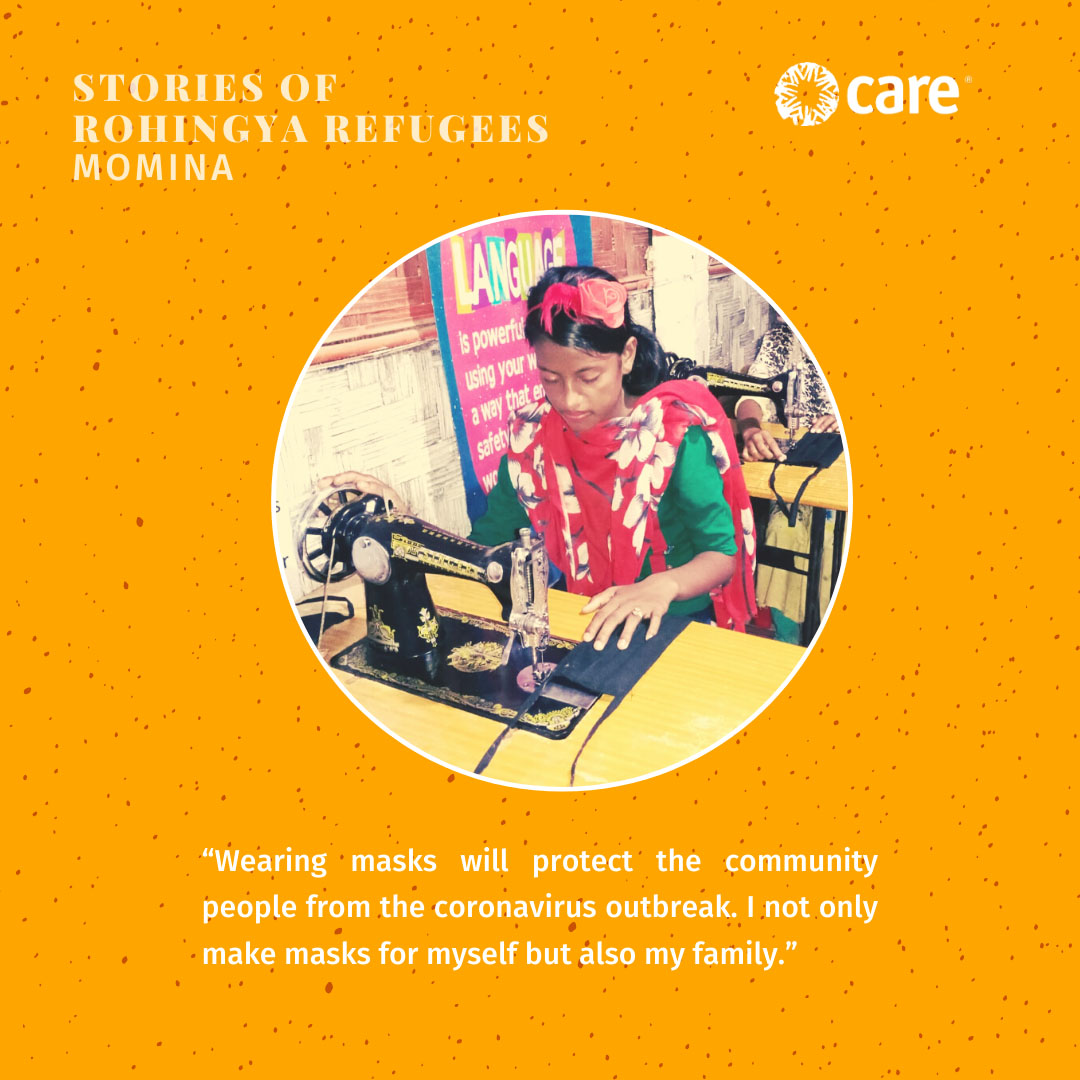
Momina* lives in camp 16, and is a member of the Community Outreach Adolesents Group (COG) committee. She uses the sewing machines at Women and Girls Safe Space (WGSS) to make cloth masks that is essential amidst the COVID-19 outbreak. She encourages others as well. Momina said, “Wearing masks will protect the community people from the coronavirus outbreak. I not only make masks for myself...Read more
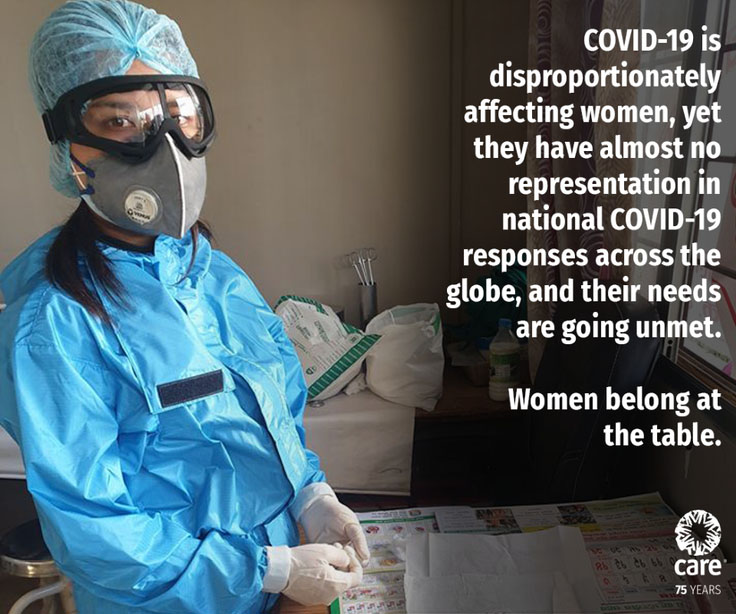
Globally, 70% of healthcare workers are women, but they make up just 24% of national teams responding to COVID-19 Read more
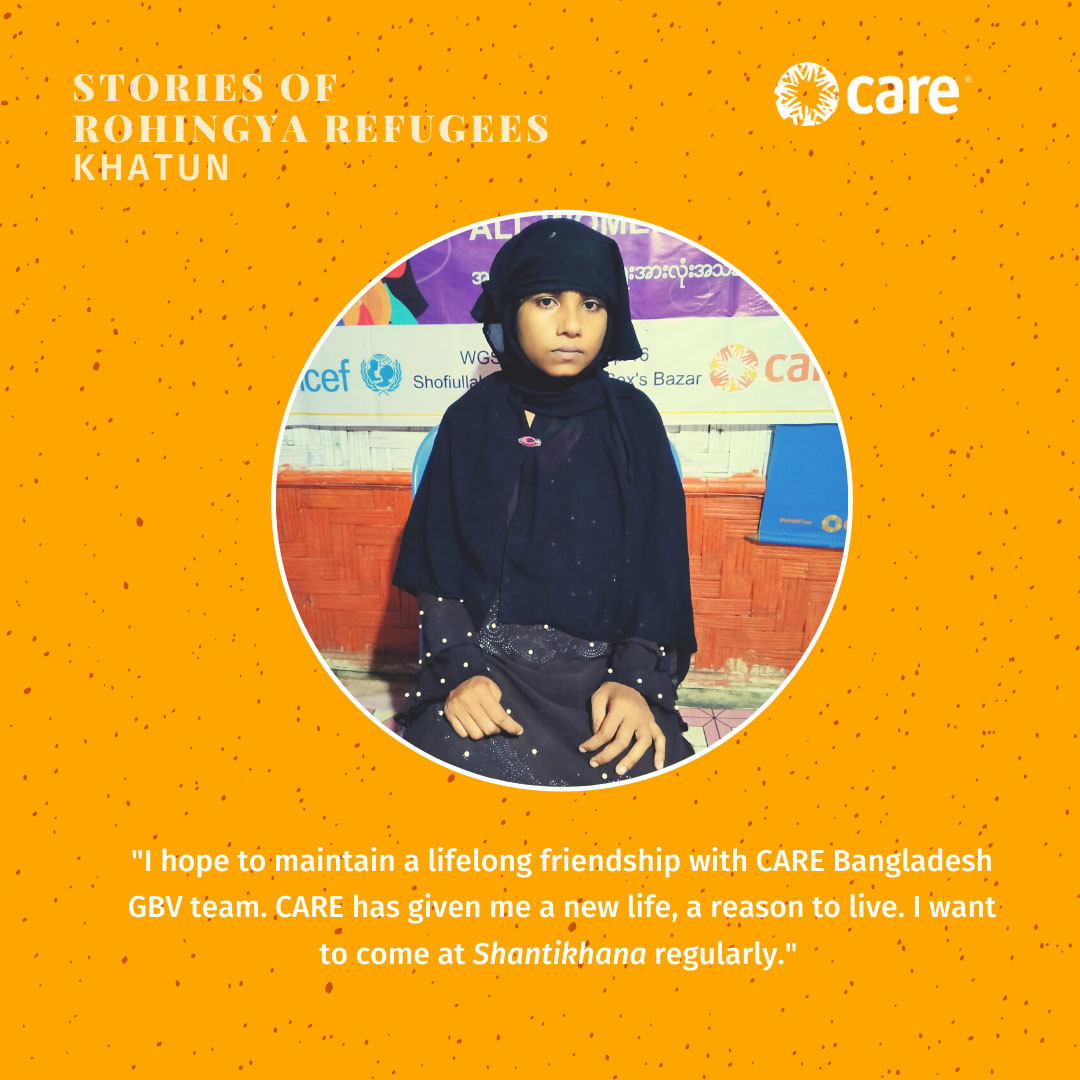
In times of COVID-19, Khatun was made aware and provided with all the necessary information about the disease from Women and Girls Safe Space (WGSS). She is quite amazed to know the importance of mask, hand washing, social distance & others safety procedures, and how such basic rules can keep them safe. She and her family are trying to maintain all the preventive measures to keep themselves...Read more
Attending regular sessions at Women and Girls Safe Spaces(WGSS), helped improve Sayeda’s mental health significantly. She also felt safe because only females are allowed to come to WGSS. She enjoyed the dialogue sessions and recreational activities also. Sayeda learnt how to sew at the WGSS. It helped that her little child was allowed to join her there, which eased her worry. Now she can...Read more
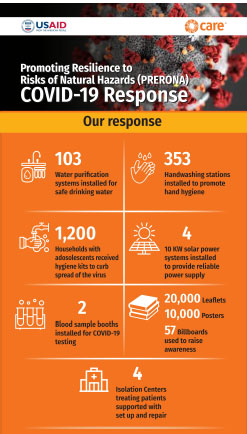
Promoting Resilience to Risks of Natural Hazards(PRERONA) COVID-19 Response Read more
“The pandemic COVID-19 has thrown an extraordinary challenge all around us and our work has never been more relevant than now. The resolve of the CARE Bangladesh team, especially those working on the frontlines everyday while risking their own lives, has truly been humbling to watch. However, with the number of infected cases still on the rise, its effect on the system is not just short and...Read more
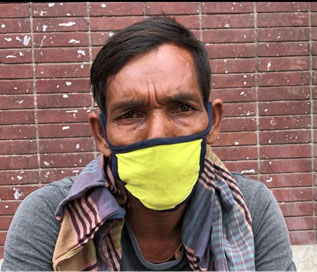
By Md. Mamun-Ur-Rashid, TC-M&E, People who Inject Drugs (PWID) Project Md. Babu (36) , is a street-based HIV positive case under the capital’s Chankharpul Comprehensive Drop-in Center (CDIC). He lives on the pavement in front of Railway Karmachari Hospital. He identified as HIV positive in 2017 and got enrolled in ART. At present, he is also taking OST. Babu used to be a leguna...Read more
by Ram Das Ayesha Siddika has been working tirelessly for last three weeks, moving from one community group to another in the Rohingya camp at Cox’s Bazaar in Bangladesh, which wears a deserted look as people are indoors and do not crowd common areas. Her family is naturally concerned but she goes on undeterred. Her focus is very clear – the Rohingya community needs to stay safe as...Read more
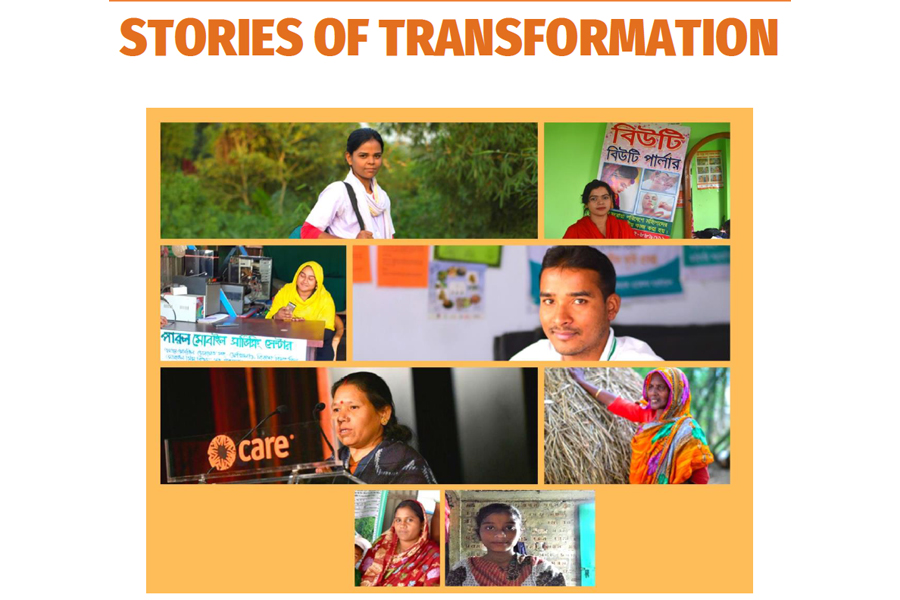
A compilation of winning stories of CARE Bangladesh story writing contest 2019 Read more
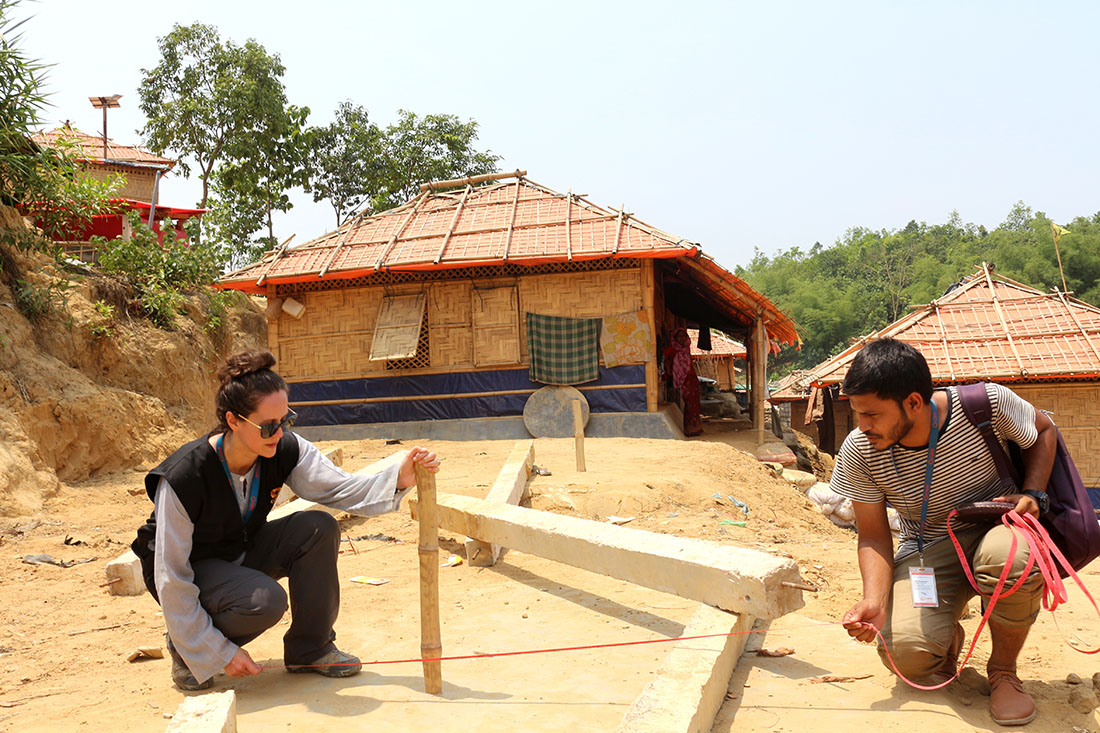
“Here, we have six seasons,” explained the Shelter Program Manager, Shah Suja, as we raced along the road that connects Cox’s Bazar town to the south-eastern tip of Bangladesh and the border with Myanmar, in places a mere two kilometers away. With the sun rising over what is proudly proclaimed to be “the longest beach in the world”, we were passing fields covered by...Read more

Bangladesh is one of the most vulnerable countries to climate change. The increasing rainfall in recent years has disrupted the daily lives of its population, particularly affecting – both men and women - farmers. In Kurigram district, Manoka and Rafika are working jointly with CARE to help local communities build resilience to climate change. Two women who have pledged to strive for...Read more
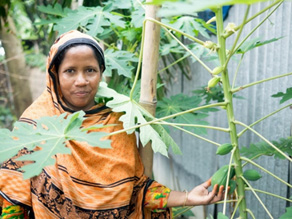
Bangladesh is one of the most vulnerable nations to the impacts of climate change. In Kurigram district, floods are destroying assets, crops and months of hardwork every year. CARE helps farmers adapt their agricultural practices to the situation so they can withstand climate shocks. Farmers are the foremost victims of climate change In Bangladesh's Kurigram district, people live to the...Read more
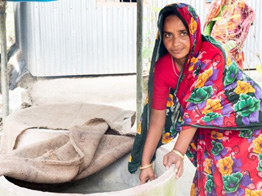
In Kurigram district (Northern Bangladesh), the gender gap is deep, especially at the household level. Women are often responsible for carrying out all domestic chores as well as performing agricultural tasks. CARE raises awareness of gender equality among women and men to foster change, and it’s working! Gender inequality in Bangladesh In developing countries, it is...Read more

By Apurba Swatee Mahboob Do you think you would have been better prepared for an upcoming disaster if you had the resources to cope with it prior to the event?If the answer is yes; well, so do the biggest humanitarian think-tanks of Bangladesh. Last week I had the opportunity of watching all the greatest mind coming together to discuss a different approach of emergency response, Forecast based...Read more
By Evelin Jaita Karmokar He is the man with tranquil eyes and purity beaming through his white Panjabi. Although now he lives a simpler life with his wife and only son, but this was not always the case. Nowadays, he is a man who says his prayer five times a day with absolute devotion. Anisuzzaman is an old town resident, who was born and brought up in Keraniganj of Dhaka city. Now he is...Read more
By Evelin Jaita Karmokar Md. Kashem is a resident of Nazimuddin Road, in Old Dhaka. He lives with his family of mother, brothers, wife, and his three daughters. He used to work as a technician in a plastic industry. Now, he repairs faulty machines for cash to run the expenses of his family. He has been in this profession for the past 40 years. He did not study much, he is a primary school...Read more
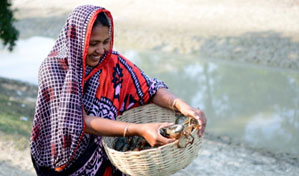
By Akram Ali Like thousands of other families, Rashida begum (30) along with her family of four was struggling to meet the ends need in salinity prone areas of Southern Bangladesh. The only thing they got around is salty water which they thought it is useless to produce anything unless Shomoshti project of CARE Bangladesh started the initiative with an intension to change the lives of Bazuagar...Read more
CARE Bangladesh and CARE Ethiopia have Women Internship Programs to provide professional development opportunities to female graduates who are keen to build a career in the development sector. Aligned with CARE’s commitment to gender equity and women’s empowerment, CARE’s women interns gain knowledge, skills and experiences to become trained professionals pursuing long and...Read more
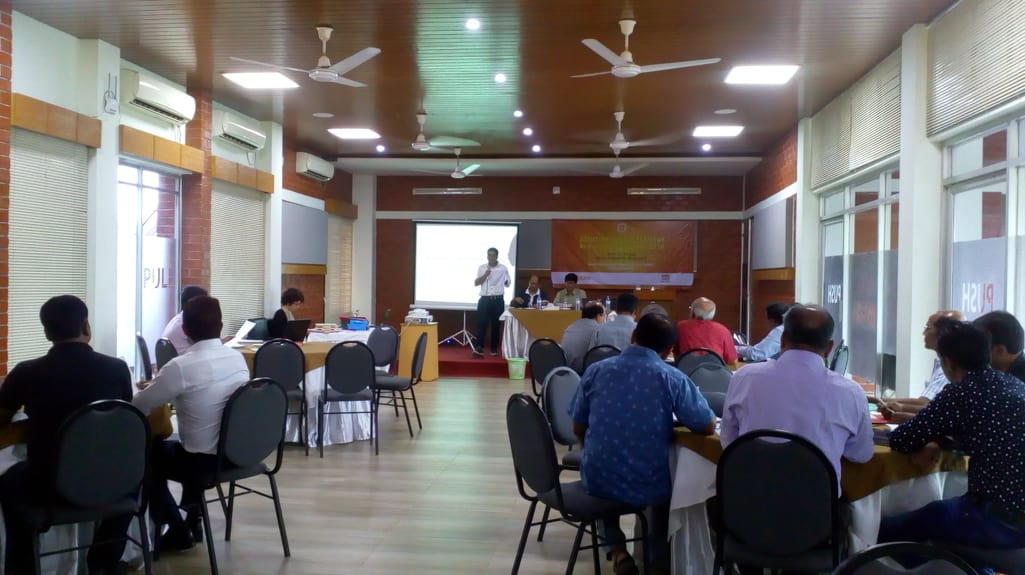
Think of a situation, where there is a sudden disaster in your locality. Most of your community is affected and only some of you are in a position to help them. You feel responsible, stressed & helpless at the same time. You wonder from where to start, who to reach out to, who is in dire need and who else have the capacity to lend a hand, eventually you are clueless! “Every person who...Read more
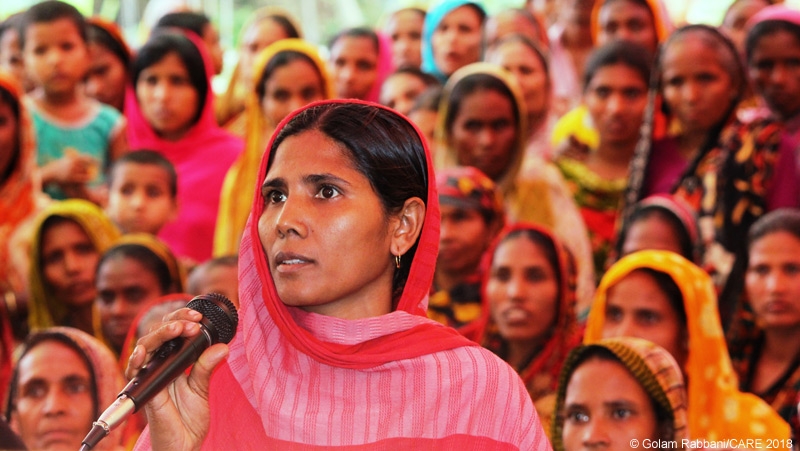
by Rebecca Haines In the first blog in this series, we showed how participatory power analysis, by identifying the marginalisation of specific groups, can help ensure that participatory local governance does not simply enable those who already have privilege and access to gain greater influence. But what happens after marginalised groups and the reasons for their exclusion are identified? How do...Read more
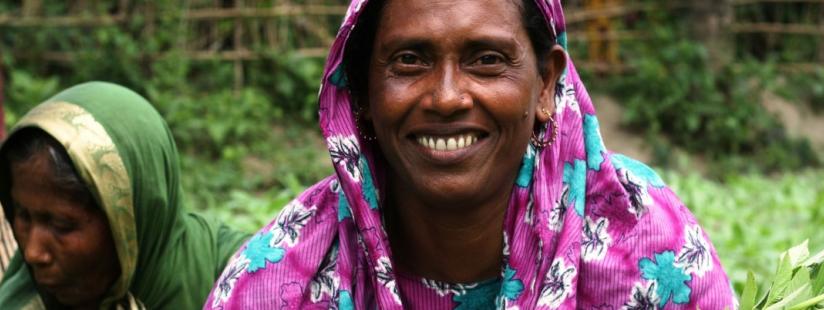
Vidhya Sriram Imagine that your job is to train 5,000 rural farmers on improved techniques across an area the size of Rhode Island. But you don’t have an office or a place to meet with farmers. You also don’t have any transportation to get to them. Oh, and you don’t have a cell phone or other way to communicate with them from afar. This sounds like an...Read more

A majority of the Myanmar refugee population is women and children. Most of these women suffered terrible fate, losing their husband, family and children. In the face of distress, these women are learning to be strong individuals who are supporting their family and...Read more
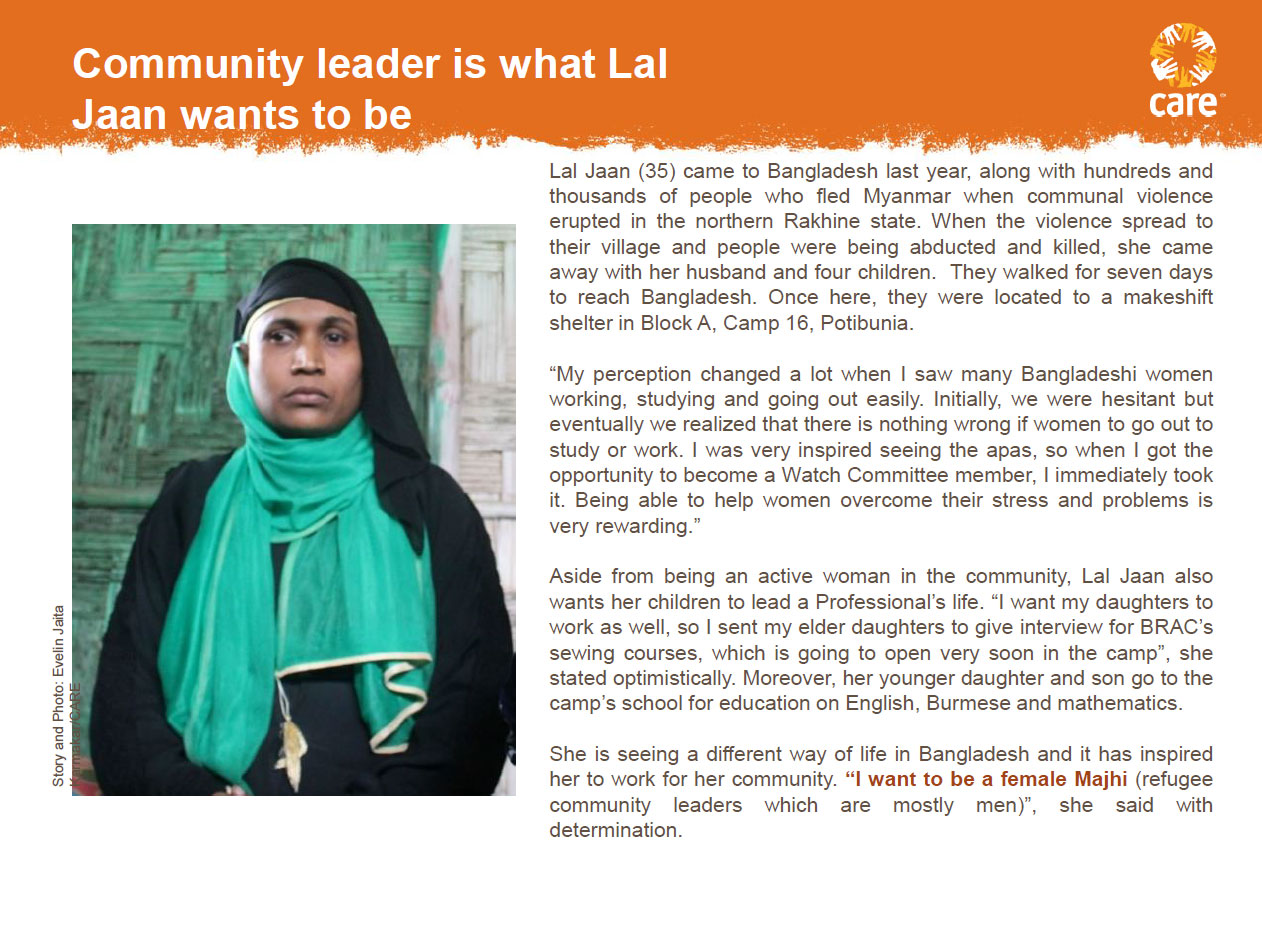
Myanmar was their own country; but even in their own country they did not enjoy freedom. The limitations were even more for women and girls. Seeing the aid workers in Bangladesh, a lot of whom are women, the refugee women are starting to think differently; they are inspired and wants to work for a better...Read more
"By Nusrat Daud Pritha" Children born is Myanmar’s Northern Rakhine state often had very limited access to health services. Most of the infants and children suffered from severe malnutrition on their journey from Myanmar to Bangladesh. Ajida is born into the refugee camps; but this two-month-old is healthier than most other children in the camps. It rained all morning. Anwar Begum was...Read more
"By Nusrat Daud Pritha" The hustling-bustling main avenue of Camp 12, what is now popularly known as Bazar Road, houses one of CARE’s four health centers.Each center is equipped with one medical officer and twoparamedics; all female, that can cater to over 100 patients a day. Health services from SAFPAC,and GSK funded health centers began in the camps in late October. Initially, many...Read more
"By Nusrat Daud Pritha" Fatema arrived in Bangladesh with her husband, two children and her seventy-five year old mother. From day one, toilet facilities were a major problem across all camps includingin Block D4 under Camp 1W where they all live. The toilet facility they had was built by themselves with bamboo, ring-slab and tarp. It wasn’t exactly a good facility, but it was better...Read more
"By Nusrat Daud Pritha" Hot, arid, humid, muddy; the situation in the Myanmar refugee camps in Bangladesh change drastically in a day. It changes so rapidly that it is hard to tell there were pouring rains even 20 minutes ago. In the land that is marked by blue, orange and white make-shift shelters, most of the men and children are outside their houses during day because the temperature within...Read more
"By Nusrat Daud Pritha" Carefully and quite meticulously, Noor Kajol was molding a flower with play dough at one of the CARE operated Women Friendly Spaces (WFS). This is her third stop for the day. In the morning she goes to a Madrasa to study Arabic and then goes to an NGOschool in the camp. She visits the WFS almost around noon and stays here until she goes home for lunch. Visiting the WFS...Read more
"By Nusrat Daud Pritha" Rahama is a bright 12-year old who came to Bangladesh nearly a year ago and unlike many other girls in the camp, Rahama likes to wear make-up and stay prim and proper. She enjoys playing with her friends and going to school. A year before they escaped Myanmar, their schools were closed down and she could not go to school, meet her friends or play freely....Read more
"By Nusrat Daud Pritha" It was very hot all day. Butthanks to the little rain, the weather became fairly pleasant around late noon. Most of the aid workers were wrapping up their work and the men were gathering around in the local tea and paan(betel leaf) stalls to spend the rest of their afternoon chatting. In the refugee camps, it is not uncommon to see a group of men gathered in a shop,...Read more
"By Nusrat Daud Pritha" It was drizzling and a group of men and a few women are cutting and adding mud to pave a walkway from one block to another. During the monsoon rains, many of the walkways in the refugee camps in Potibunia, Camp 16 either became inundated. Omar Faruk and others are working to elevate the old walkway. He fled Myanmar along with two of his brothers and a...Read more
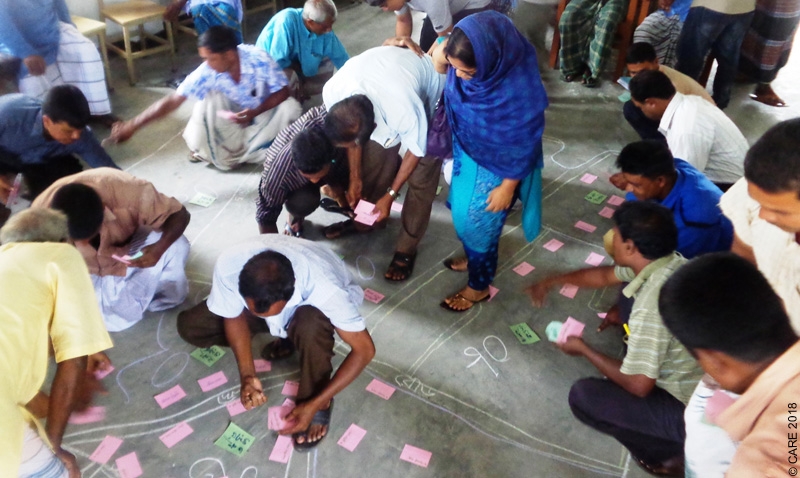
by Rebecca Haines Last week CARE Bangladesh hosted a week-long study tour for 25 participants from 10 countries in Asia, in partnership with the Local Governance Initiative and Network (LOGIN). This blog explores some of the key things that participants learned from CARE Bangladesh’s approach, in its World Bank-funded JATRA project, to empowering the poorest and most marginalised to...Read more
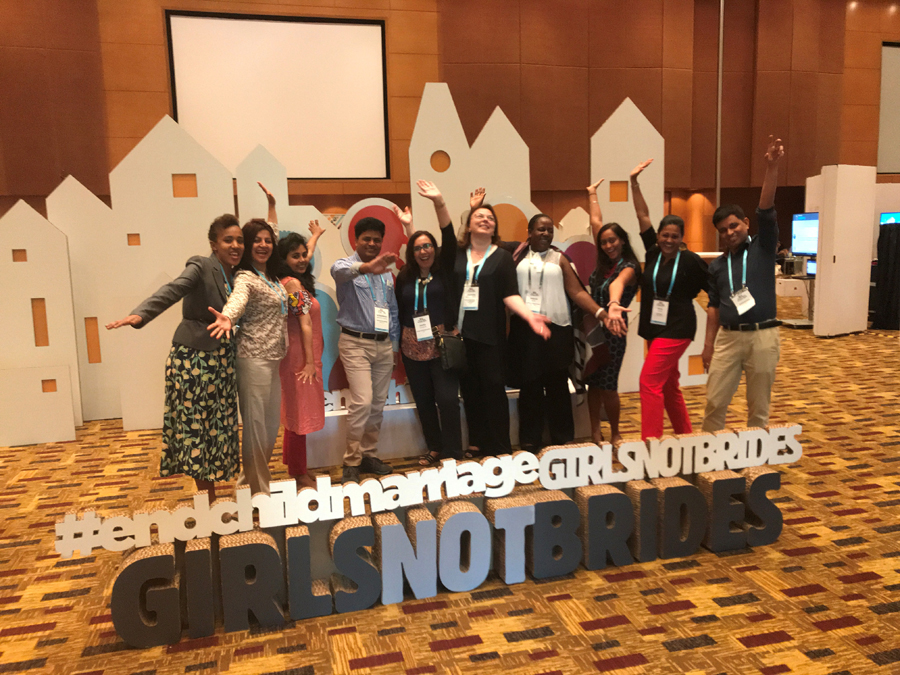
Girls Not Brides (GNB) hosted their 2nd Global Meeting from 25 - 27 June 2018 in Kuala Lumpur Malaysia. Girls Not Brides is a global partnership of more than 800 civil society organizations from over 95 countries committed to ending child marriage and enabling girls to fulfil their potential. The meeting was aimed to bring together the world’s leading advocates to end child marriage...Read more
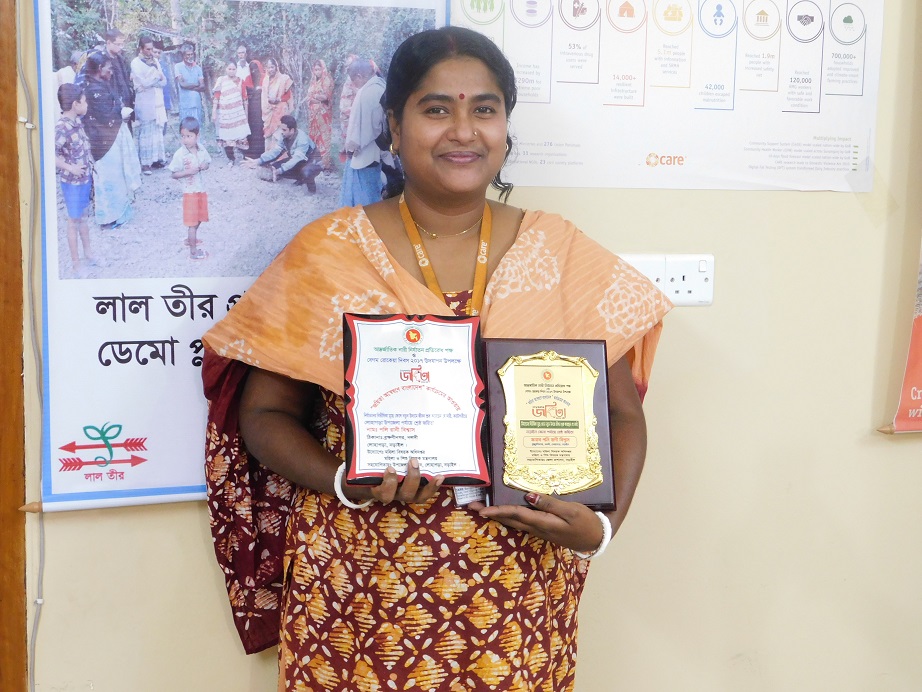
Poly Rani Biswas, a female driver from CARE Bangladesh, Khulna has been awarded the prestigious “Joyeeta Award” in the divisional category by the Government of Bangladesh for 2018. “Joyeeta” recognizes women’s extra ordinary contribution in different areas of socio-economic development of Bangladesh. Poly is being recognized for her remarkable efforts in...Read more
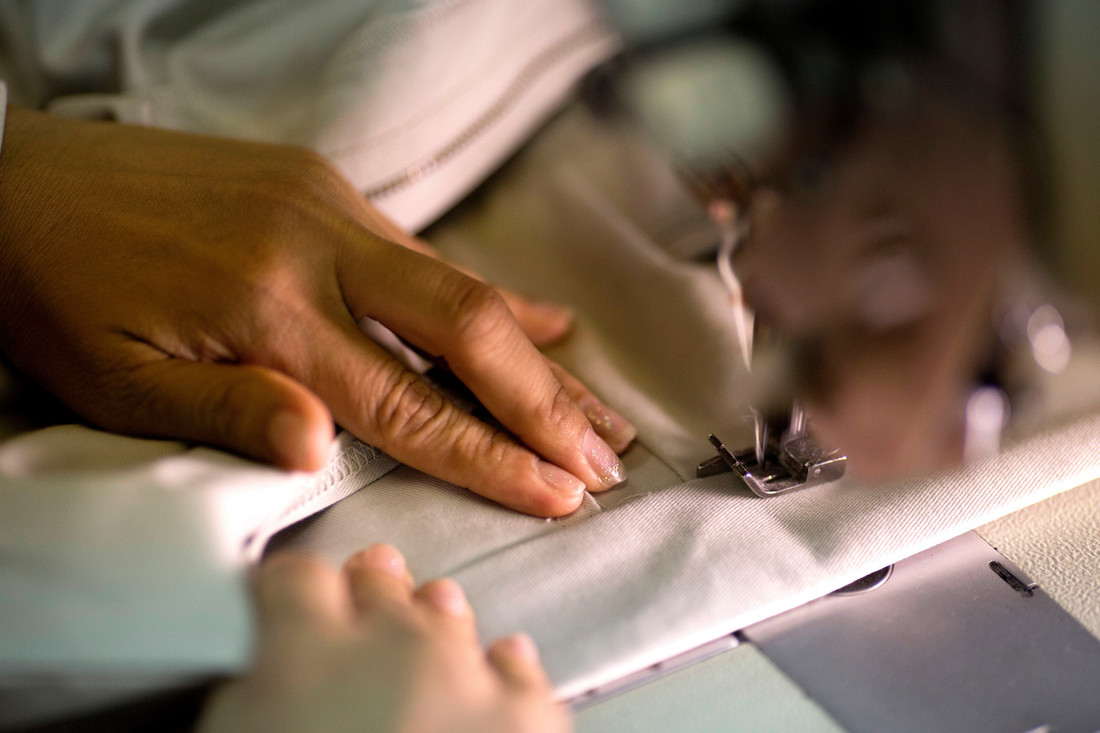
“We have to not only deal with a lack of work, but when we do get it, we have to handle the contractors and the things they do because they think they hold power over us.” Did you know that an estimated 60% of garment production in Asia is done at home? Homeworkers can be at risk of violence both at home and in their dealings with contractors, but often have no protection from this...Read more
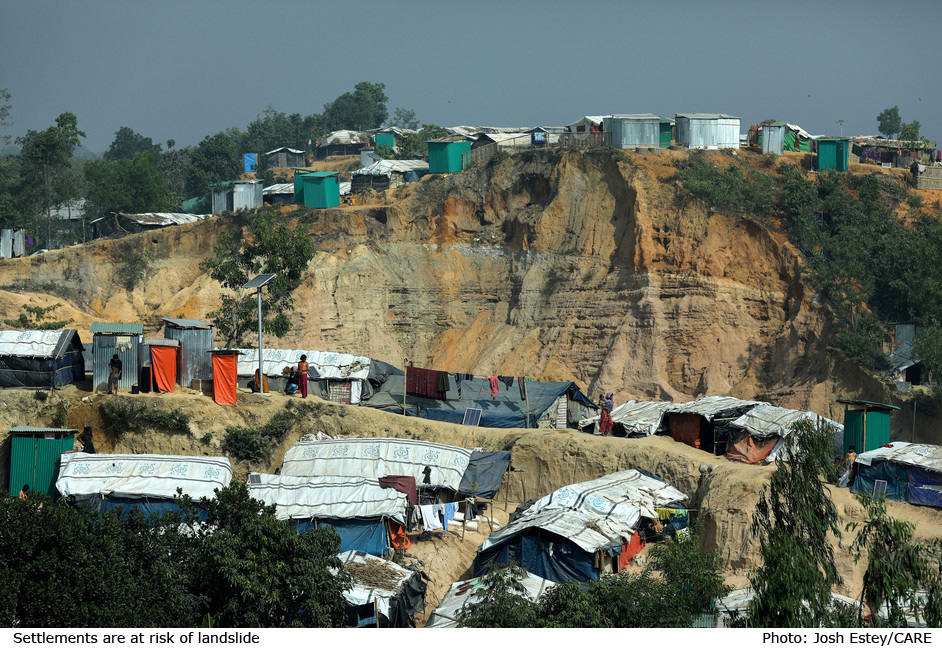
Sally Austin, Head of Emergency Operations, CARE International writes about her recent visit to the refugee camps in Bangladesh A week ago I was in Cox’s Bazar refugee camp in Bangladesh walking up hills of exposed sandy soil covered by endless bamboo and plastic huts that over 800,000 refugees from Myanmar now call home. This camp has been referred to as one of the densest in the...Read more

In a series of camps hosting more than 900,000 people, the border between Bangladesh and Myanmar became the site of the world’s fastest growing refugee crisis since August last year. Over 680,000 refugees made the perilous journey from neighboring Rakhine State in Myanmar into Bangladesh in just six months. The concentration of refugees is now among the densest in the world. Out of those...Read more
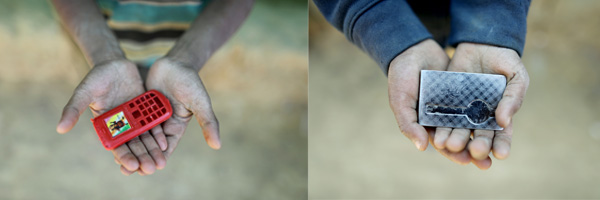
They had to leave everything behind, including a bit of their childhood. Some of them were dragged outside their homes as their villages started burning, other ran into the jungle to hide and many of them had to trek for days by themselves, having lost their parents. About 40 per cent of all refugees in Bangladesh’s camps are children. Most of them have three things in common: a traumatized...Read more
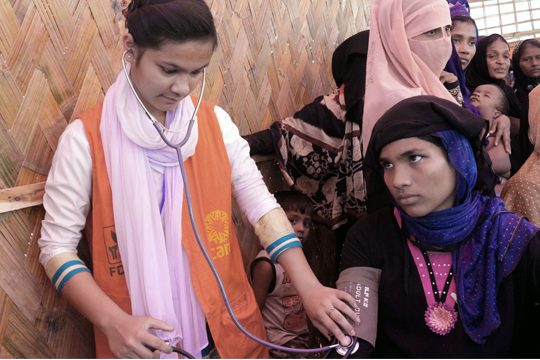
Story of one Senoara and a CARE Health Center By Hillol Sobhan, Communications and PR Coordinator, CARE Bangladesh I met one melancholic Senoara at the CARE-run health centre in Balukhali makeshift camp in Cox’s Bazar, Bangladesh. She’s 6-month pregnant with her first child. But her face strikingly lacked any sign of happiness. She looked quite stiff and somber. I really wanted to know...Read more
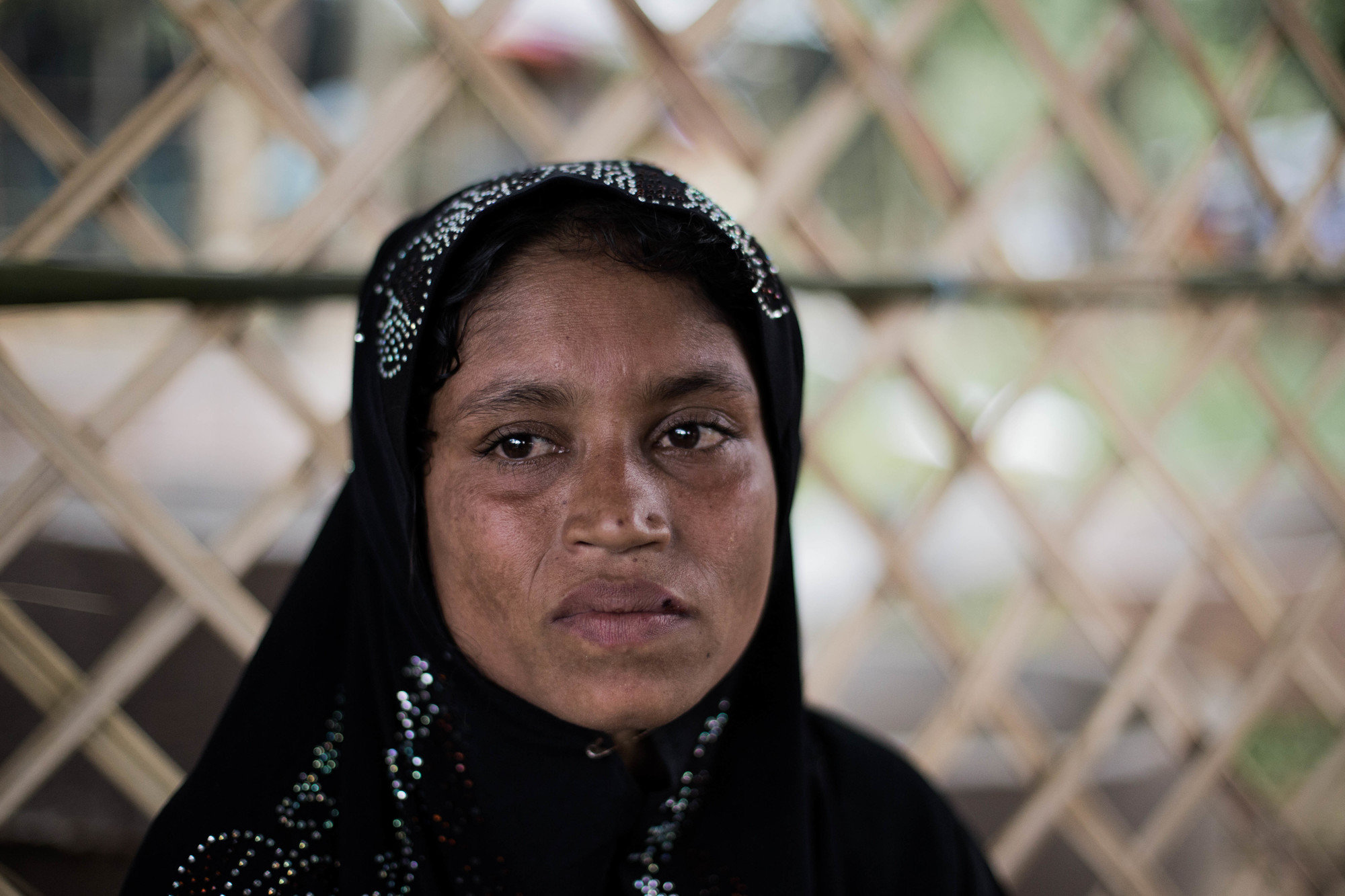
Johara is 27-years-old. She currently lives with her husband and children in a makeshift shelter in Balukhali camp in Bangladesh. She is from the western part of Myanmar but fled violence. She has three children: Monsur who is five-years-old, Satera who is three-years-old and Sajeta who is ten-months-old. She came to the food distribution to collect cooked rice meals distributed by...Read more
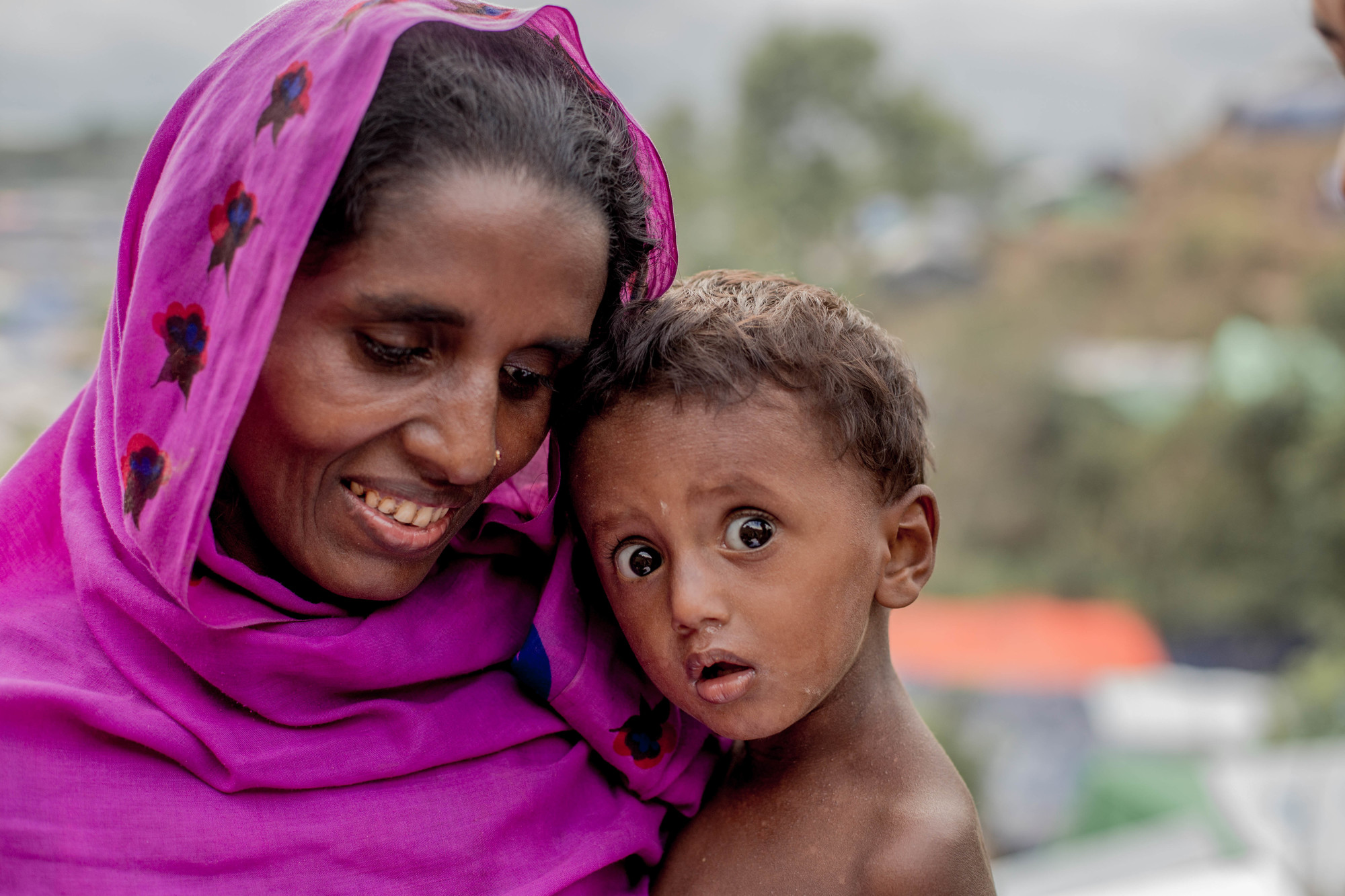
Kulsoma lives in a makeshift shelter in Unchiprang refugee settlement. Kulsoma is 30-years-old, married and has five children. Her children are: Asma who is nine-years-old, Mukkar who is six-years-old, Shahita who is five-years-old, Toslima who is two-and-a-half-years-old (not present at time of interview) and Omar who is 18-months-old. Kulsoma’s story in her own words “After four...Read more

Miamuna is 18-years-old. She is living in a makeshift shelter in Gumdum informal settlement with her baby daughter (not yet named) and her husband Mohammed. Her mother, Khatiza, aged 40-years-old, is living with them, as well as her siblings, Ali, aged 16-years-old, and Fatema, aged 13-years-old. Maimuna gave birth in the Gumdum informal settlement three days before the interview. It was her...Read more
Aloma with her baby Mufija at the OTP (Outpatient Therapeutic Program) clinic in Unchiprang refugee settlement. Aloma is 45-years-old. She brought her one-year-old daughter, Mufija, and nine-year-old daughter, Shumaya, to the health clinic to pick up some food. Aloma and her family are from the northern part of Myanmar. She has seven children, the eldest is 12-years-old. Aloma’s...Read more
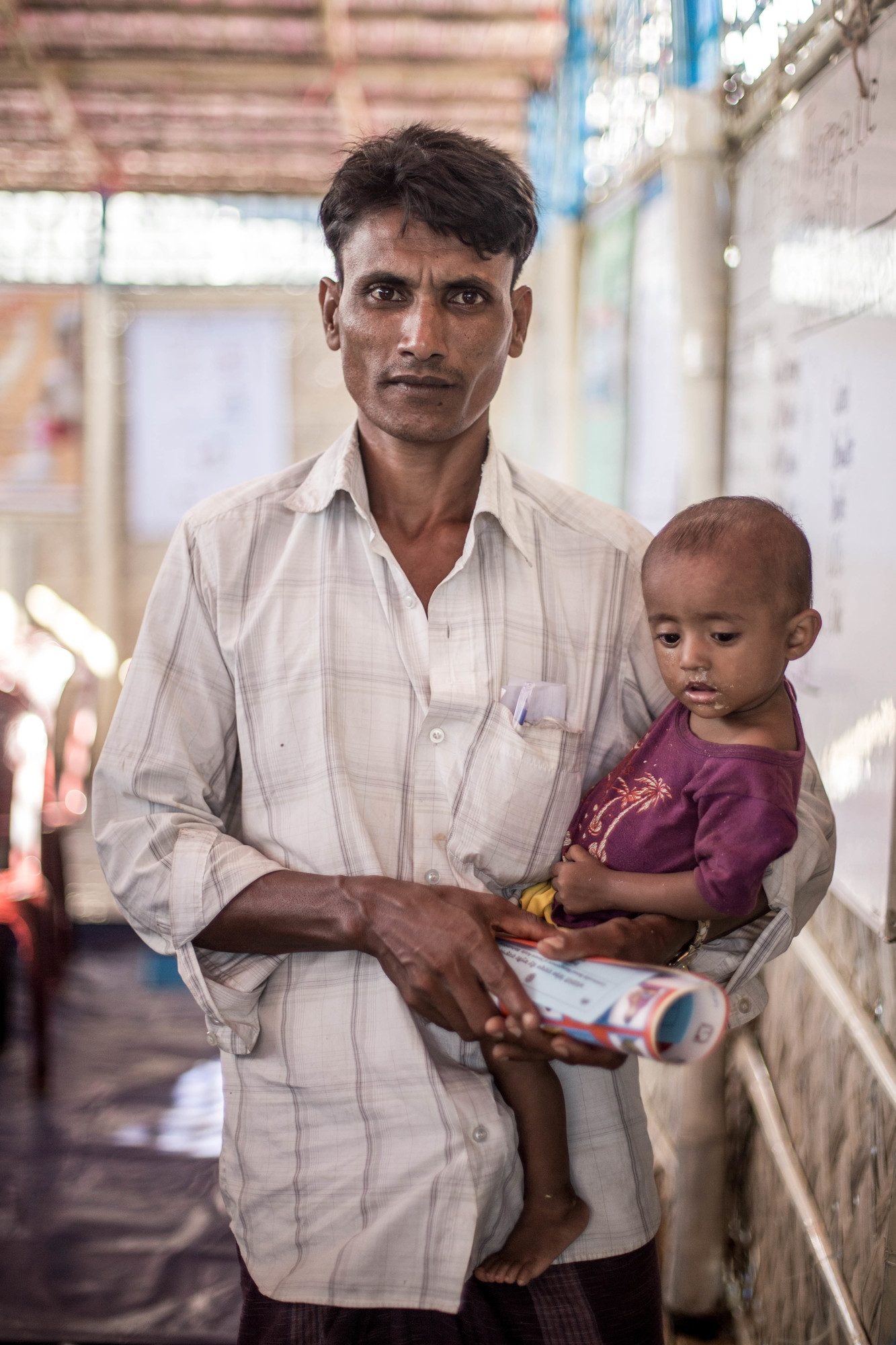
Mohammed is from a northern town in Myanmar. He is married to Jannat. As well as their one-year-old daughter, Umme, the couple have three sons aged three, four and five-years. The family fled violence in Myanmar and arrived in Bangladesh. Today, he has brought daughter Umme to the Outpatient Therapeutic Programme (OTP) clinic in Balukhali camp, where the family currently reside in a...Read more
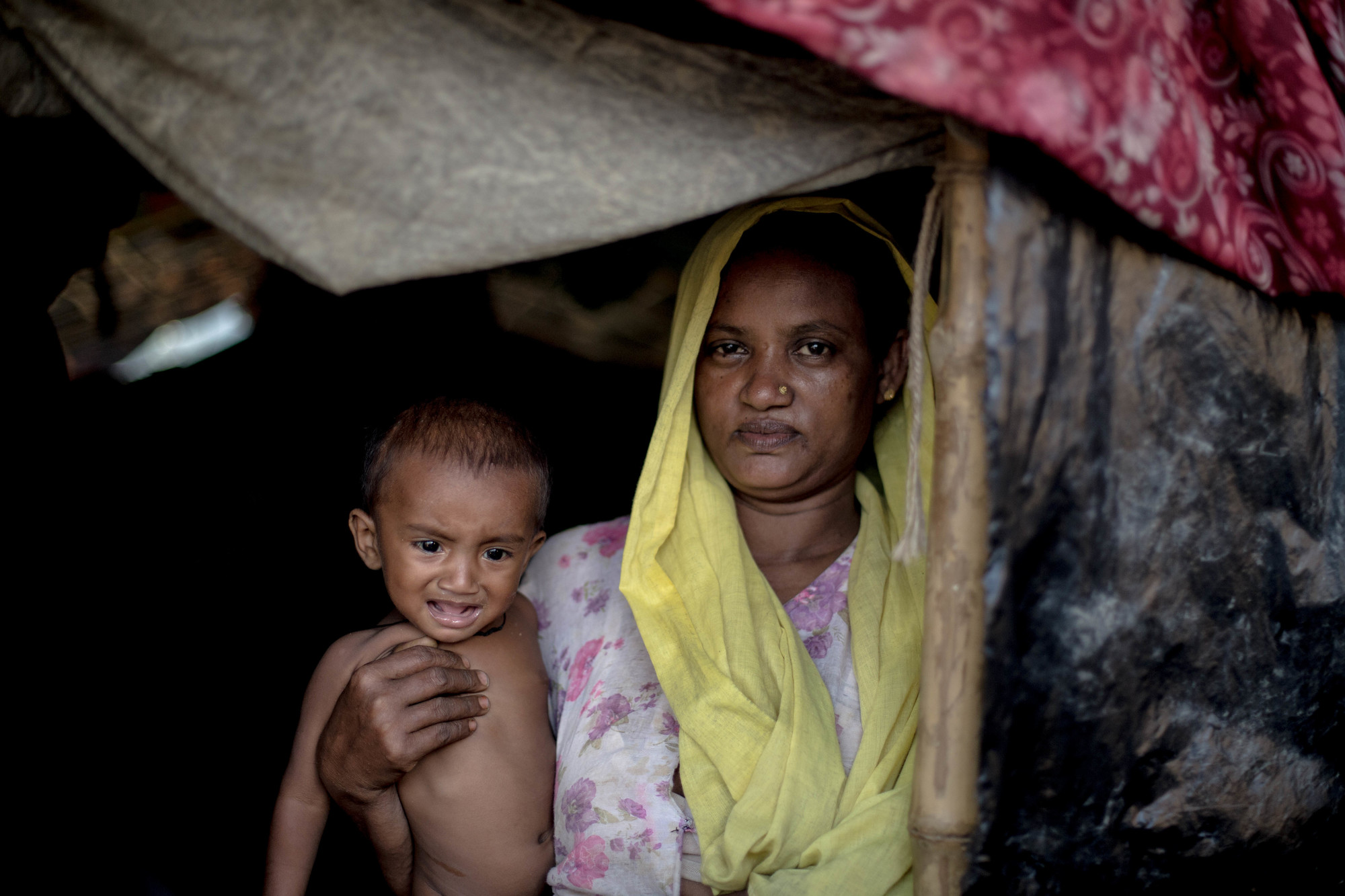
Anowara is 35-years-old and is from a village in Myanmar that endured one of the most brutal attacks being reported by arriving refugees to Bangladesh. Anowara has four children: Mohammed is 10-months-old, Jenara is five-years-old, Rupsada is eight-years-old and Dilara is ten-years-old. She now lives with her sister-in-law, Dildar, and all their children, in a makeshift shelter in Balukhali...Read more
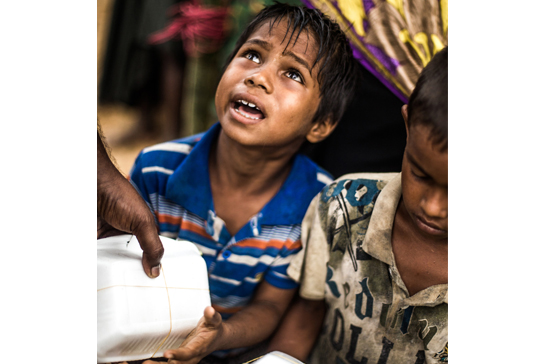
Hossein is seven years old. He is from Myanmar. He now lives in Balukhali camp in Bangladesh with his mother and siblings. They share a shelter with another single mother family, with a small partition separating the two families. His father was arrested in January on suspicion of espionage and terrorism, but the family claim he was innocent. He collected cooked meals from a CARE distribution for...Read more
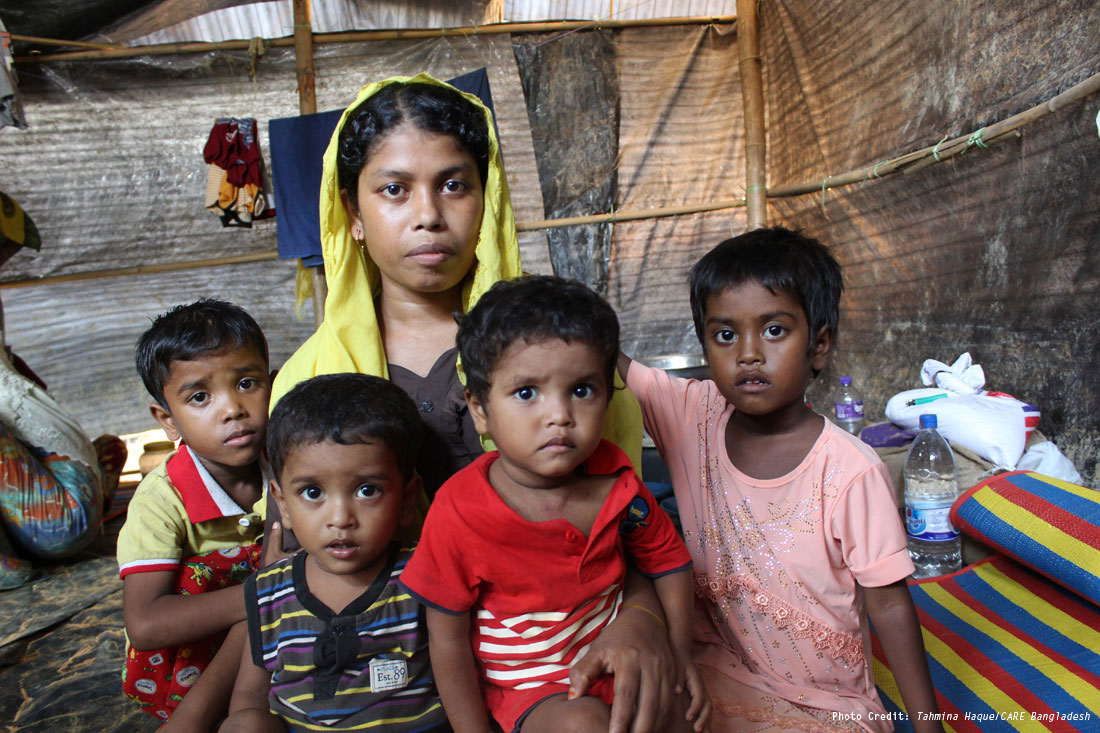
Your partner is shot right in front of your eyes...he falls down...cries for help BUT you don't stop. You continue to run...run breathlessly...until you're far...far away from your bleeding partner... and you still don't know if your partner is dead or alive.. This is what happened to Ayesha (22) from Myanmar. She was sharing her tales of horror. IT WAS A REGULAR...Read more
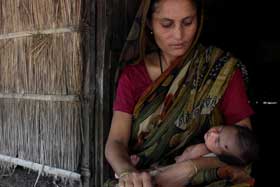
"It was water everywhere", recalls a somewhat calm Shahanaj Parvin from Sirajganj. Along with other districts, this year, the floods hit Sirajganj twice. First it was early-July and then again in mid-August. The onrush of water was so abrupt that people hardly got any time to save their belongings, explains Md. Alauddin Khan, Executive Director, National Development Programme, a CARE...Read more
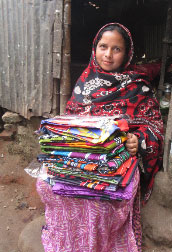
(Baimail Nadir Par) Firoza, a climate migrant has been living in the Baimail Nadirpar Area for almost 15 years. Before coming to this slum, she used to live with her husband named Sakimuddin at a village under Roumari thana in Kurigram. After her husband had lost his house due to riverbank erosion, they moved to Gazipur and started to live in this community. When she got the livelihood...Read more
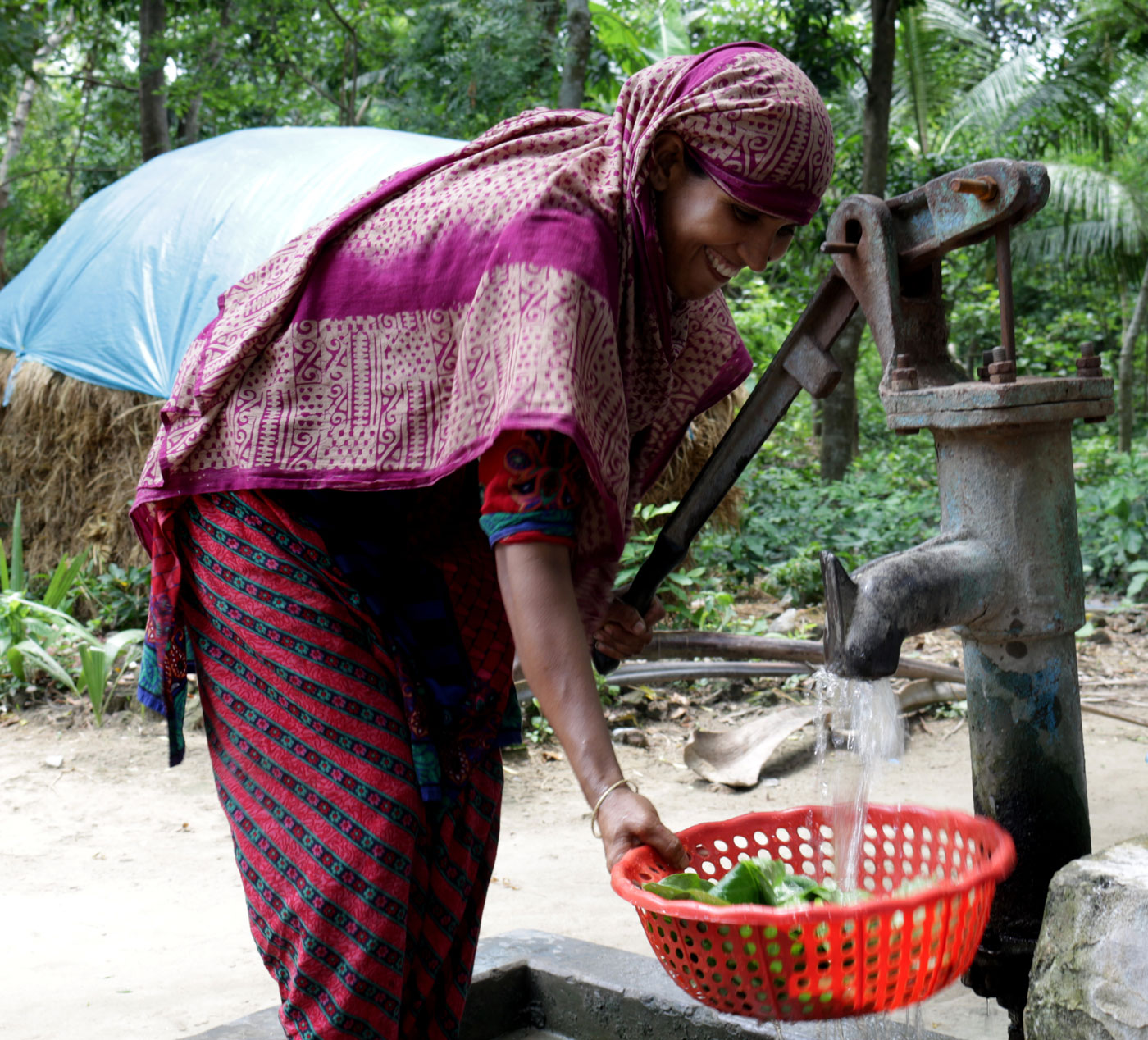
(Poschim Baimail Pukurpar) This is Parvin. She started a different type of business in her community. She cooks food and arranges for lunch in her house. Few garments worker from nearby garments come to her house for lunch. Her customers pay on monthly basis. Each customer pay 2500 taka monthly for lunch. She has been doing this business for 6-7 years. Her husband Anwar had no earning. He...Read more
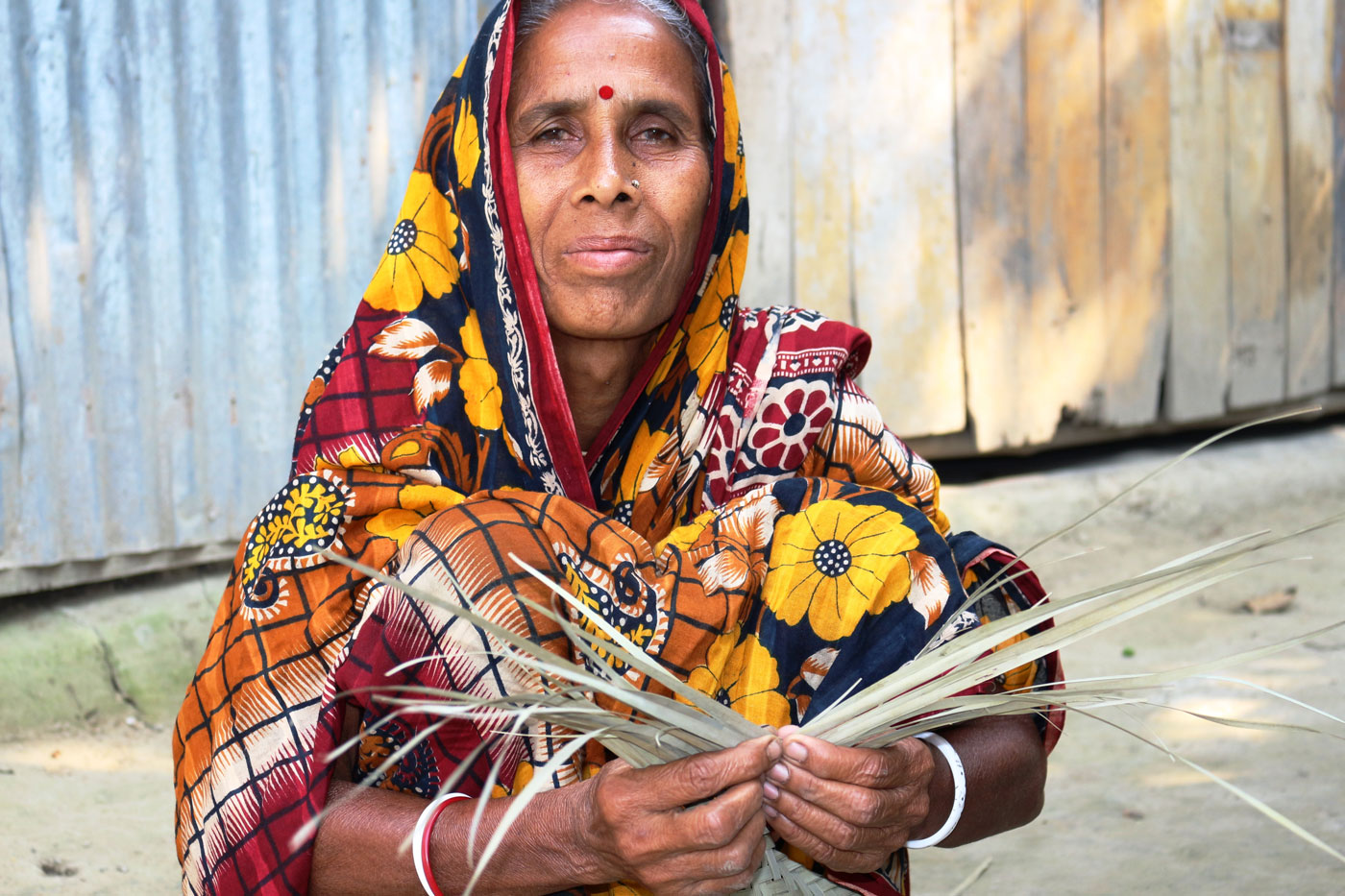
(Poschim Baimail Pukurpar) Rumana Begum is a widow. Her husband died 20 years ago. She lived with her daughter. She was dependent on her daughter who is a garments worker. She has been living in this slum for 7 years. When she got fund from BRUP project, she started her lunch business. She prepares lunch and feed people for lunch in her house. Few garments worker from nearby garments come to...Read more
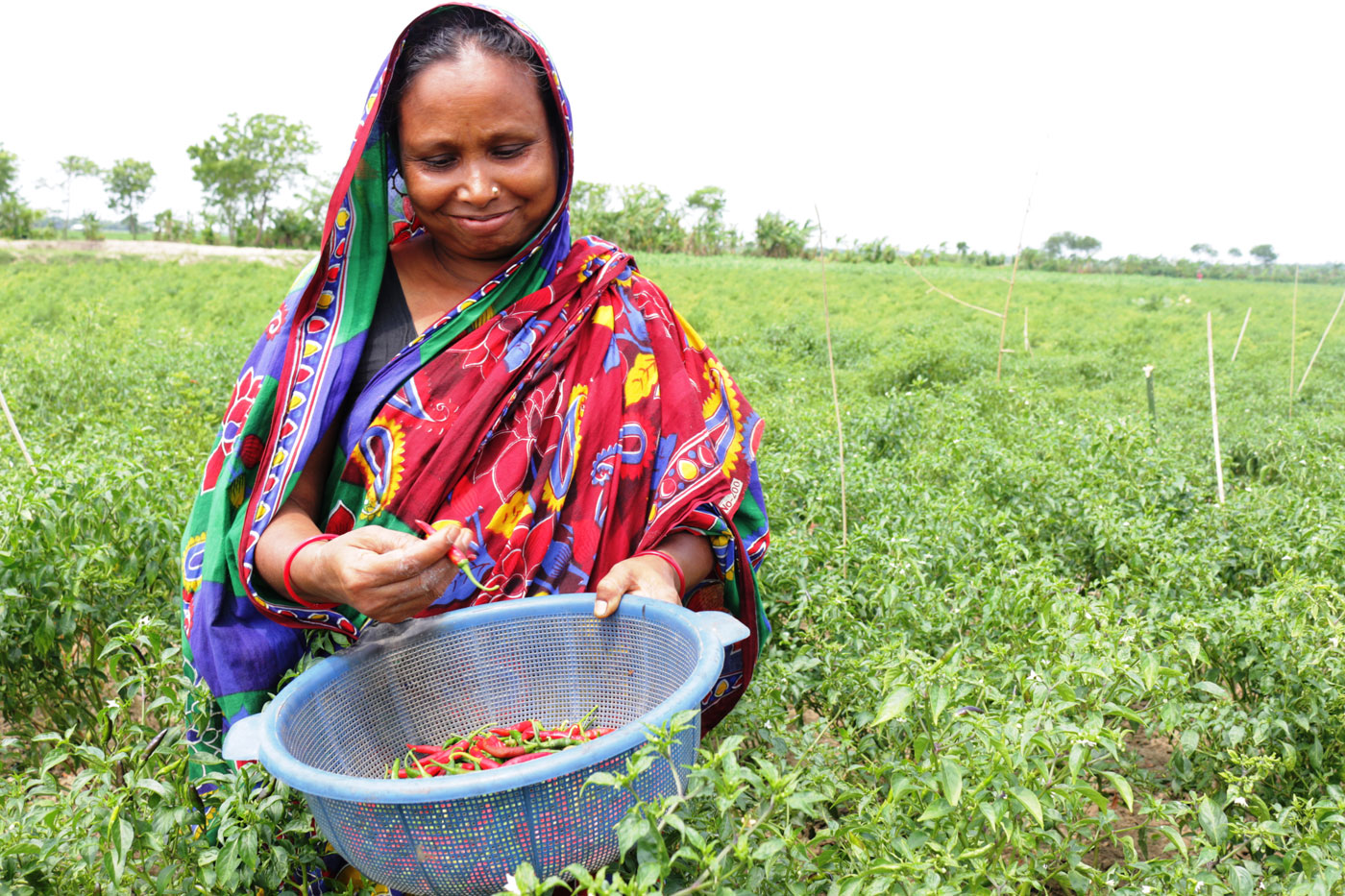
(Baimail Moddho) Shonchita has been living in this slum with her husband for 25 years. She is climate migrant. The lost their home at Moajjempur village in Mymensingh due to flood and riverbank erosion. Thy have three sons. Her husband used to sale vegetables in the big market in moddho baimail. After a conflict had occurred among the sellers regarding place allocation, her husband Abdul Mannan...Read more
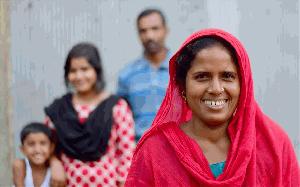
When I arrived at Sabina’s house early morning, she was cooking for the family and her husband was seated right beside and helping her to do the household chores and both of them were smiling. This was enough for me to understand how Sabina changed her life and improved her position in the family as this is not a generic scenario in the socio-cultural context of Bangladesh. Yes this is Sabina,...Read more
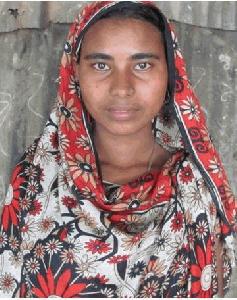
Lutfa, a 17 year old girl in Joykolosh village of south Sunamganj pointed out that girls are not a burden but key to prosperity if they are given the chance they deserve. Since 2010, Lutfa has been a member of the women’s empowerment group known as Empowerment Knowledge and Transformative Action (EKATA) facilitated by the Food Security for the Ultra Poor in Haor (FSUP-H) project. This European...Read more
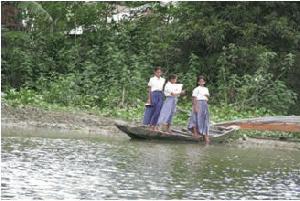
Dhalkutub Govt. Primary School is situated in a deep haor of Derai sub district. The communication of this place is disrupted from the main land of Derai. During last one year School Management Committee (SMC) and school teachers’ had taken different initiatives for performing their roles and responsibilities assigned by the Govt’ in this recourse constrain remote situation. Sohena Begum is a...Read more
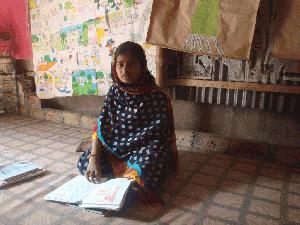
Sharmin Akter is 14 years old. Her father Mr. Abul Hossain was married twice. He has two sons and a daughter from his first wife. Sharmin is the first out of three daughters from second wife. Financial condition is not sound as they live from hand to mouth. Mr. Hossain is a day labor and his wife is a house servant. Sharmin didn’t get opportunity to go any educational institution as she was...Read more
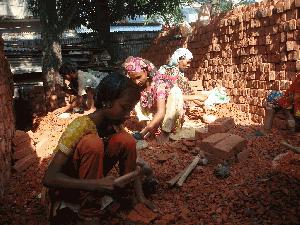
Sonali Akhter is 11 years old, the youngest of her four sisters. Their financial condition was sound and they were well-known as a happy family. Mr. Shaheed Miya, father of Sonali was working in a nongovernment development organization and earned money that was sufficient for them to live. Moreover, another three daughters of Shaheed also worked in garments factory. Suddenly, Mr. Shaheed died of...Read more
Kartikpur is a PCTFI school placed in 15 km from Derai sub district. School had established in 1965 by the villagers. Number of students in 2012 was 341. After starting work with PCTFI, SMC of the school has taken different initiatives for the betterment of the students. SMC is working with community to motivate them about education of their children. In the past before 2011 the dropout rates...Read more